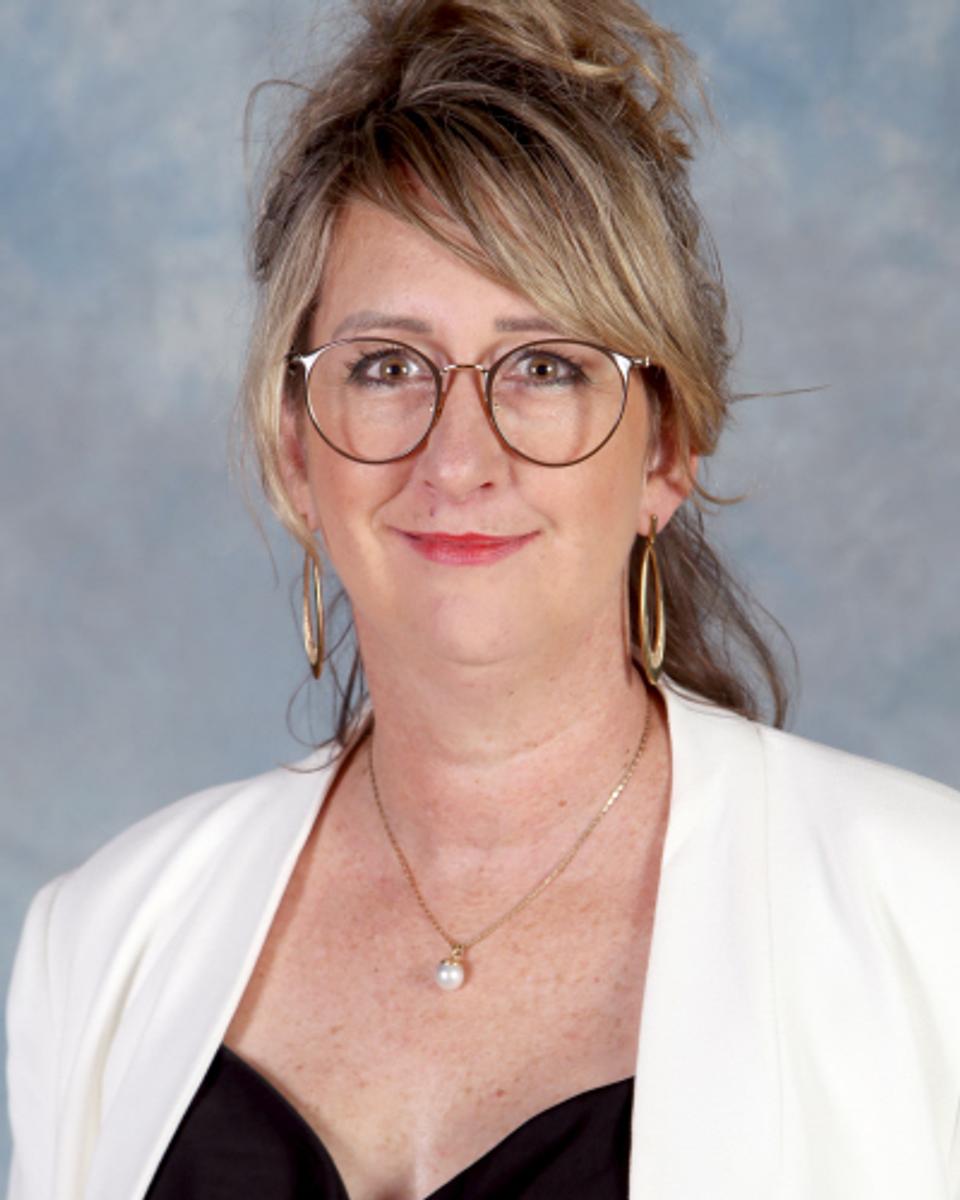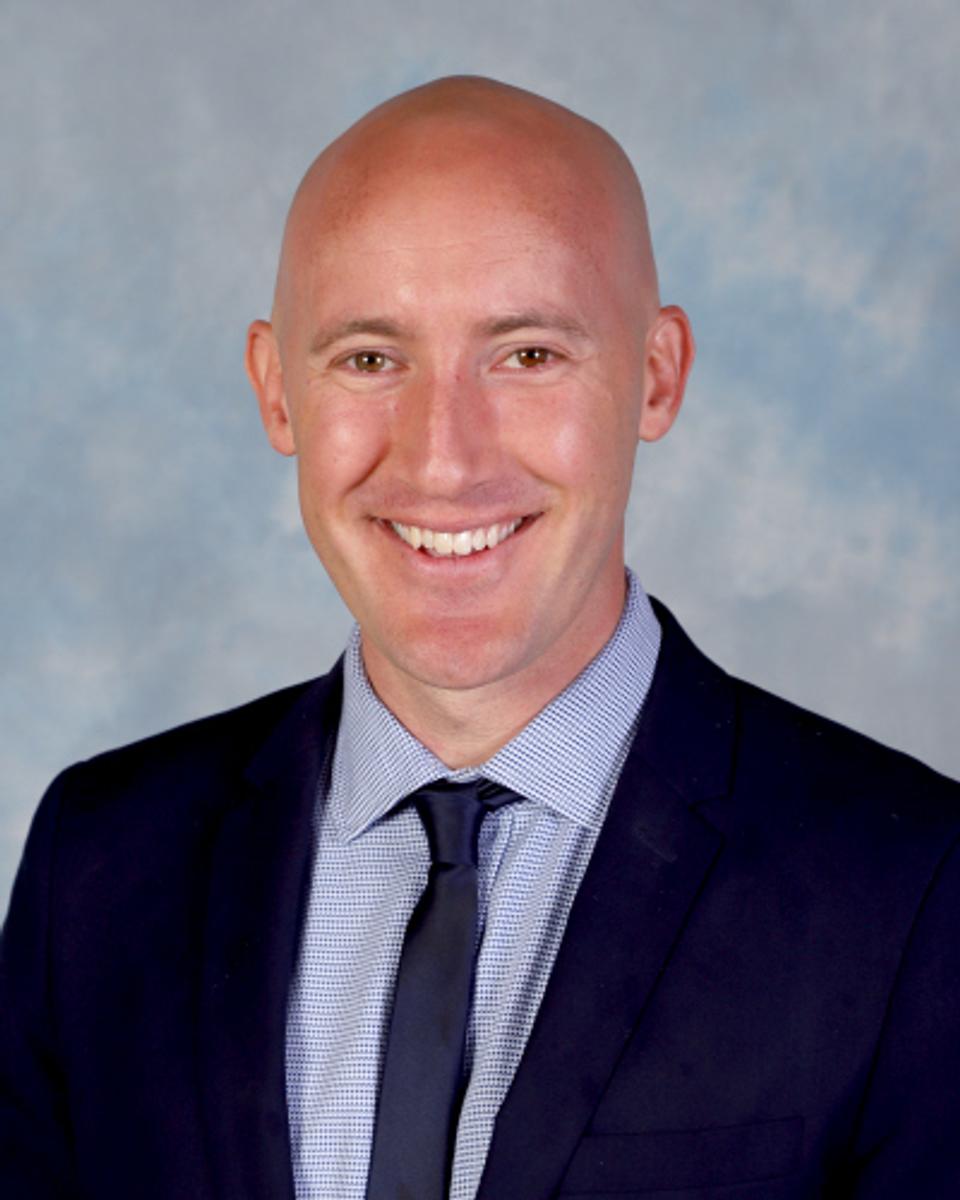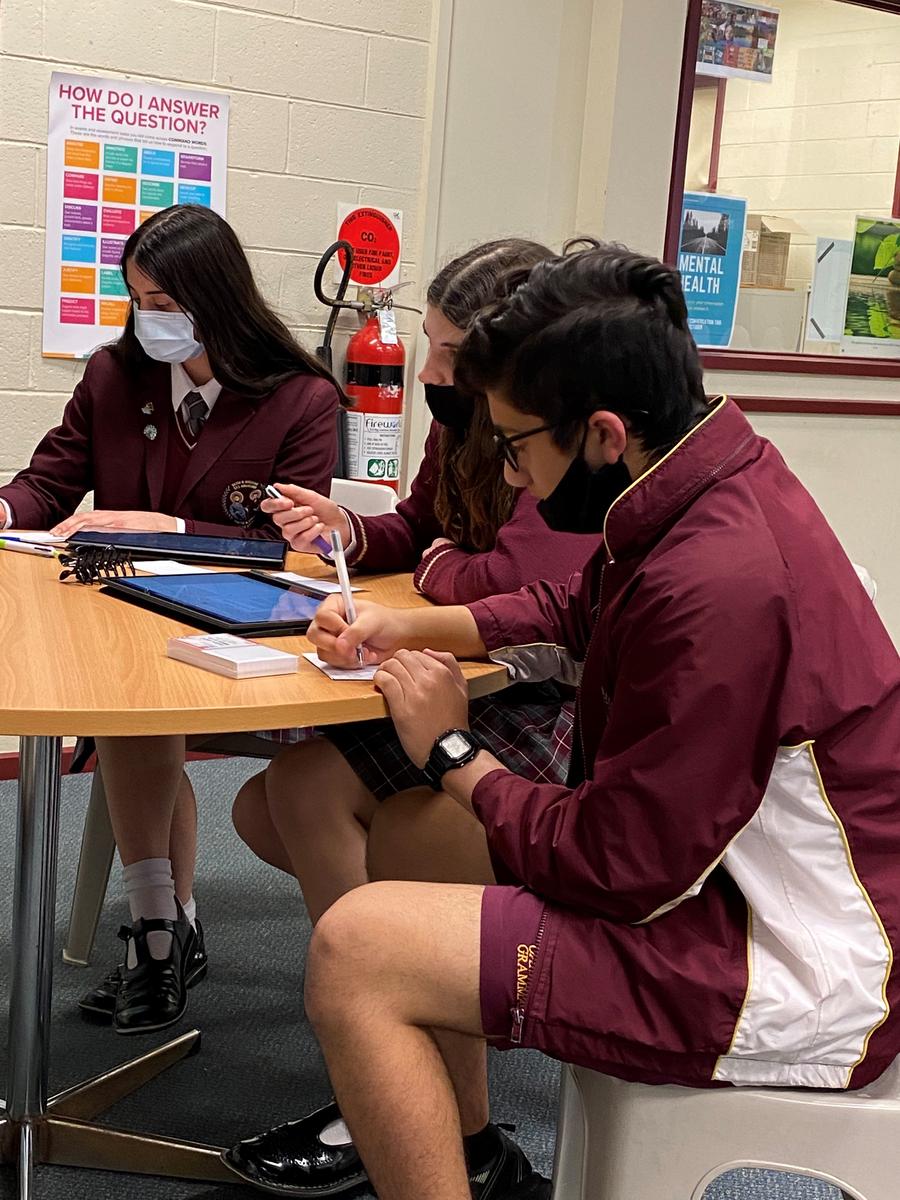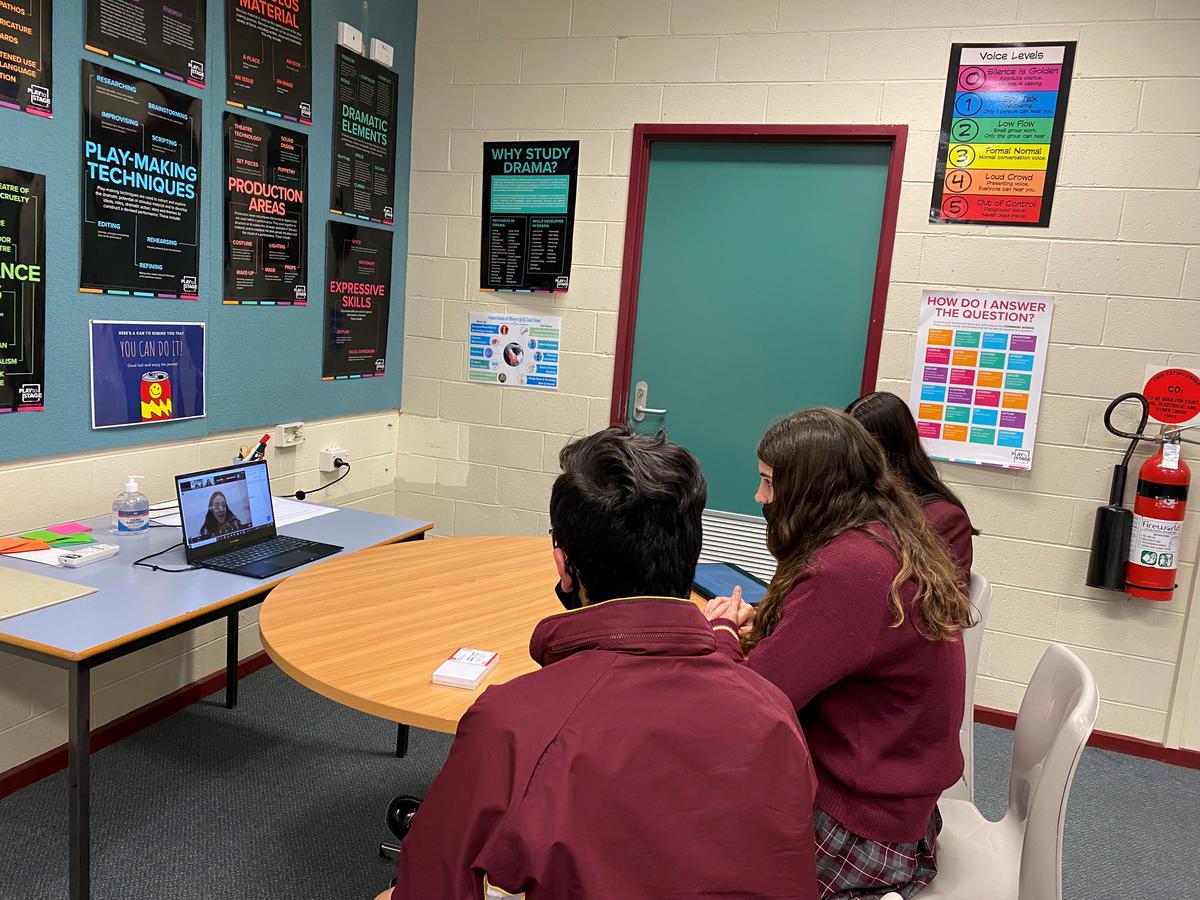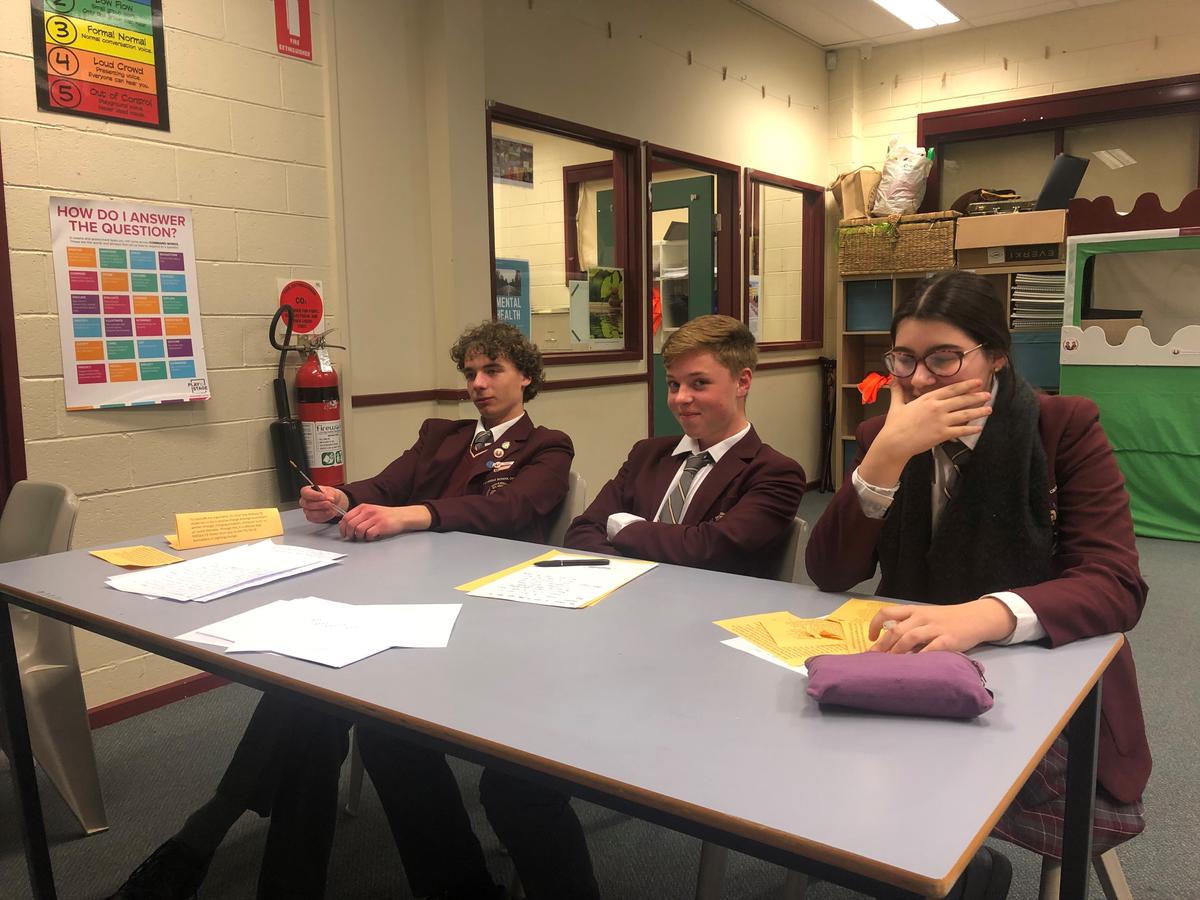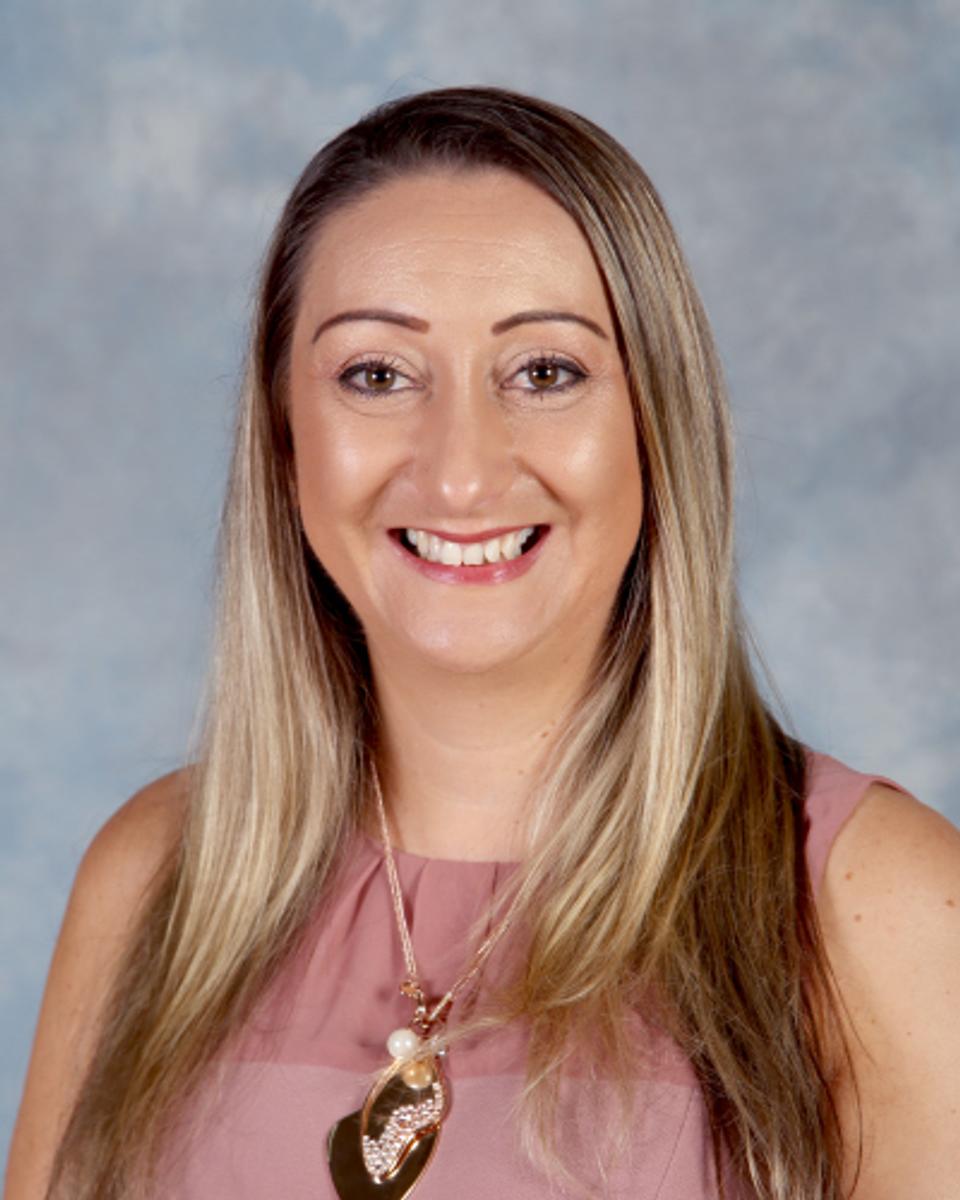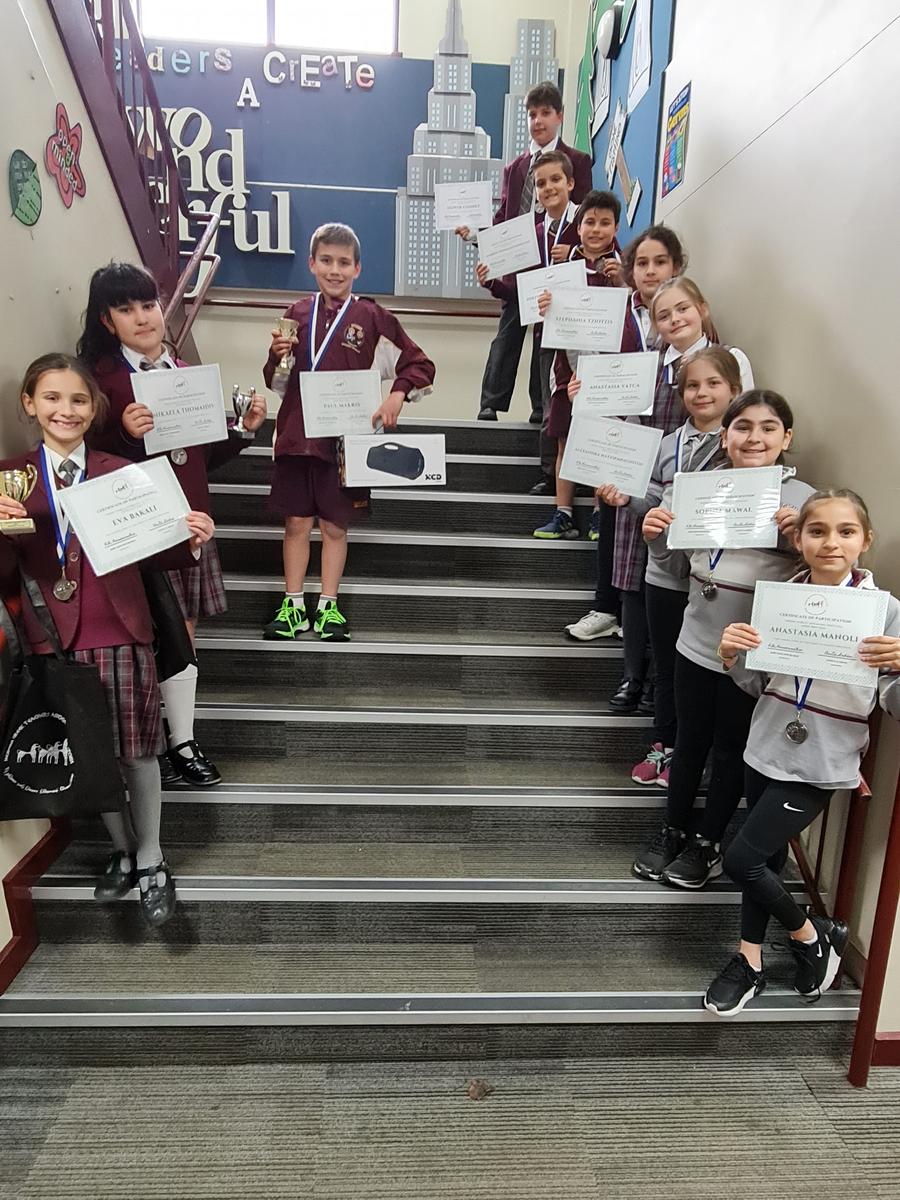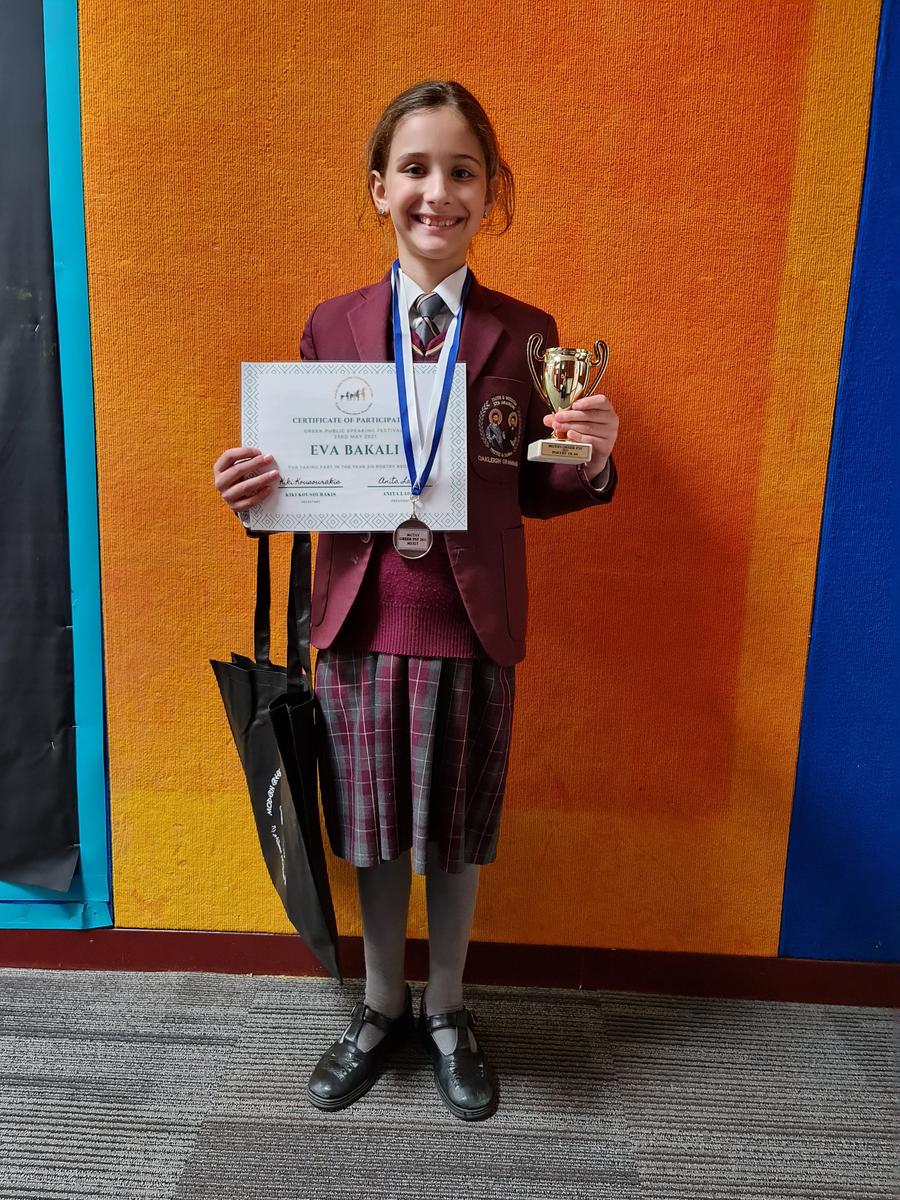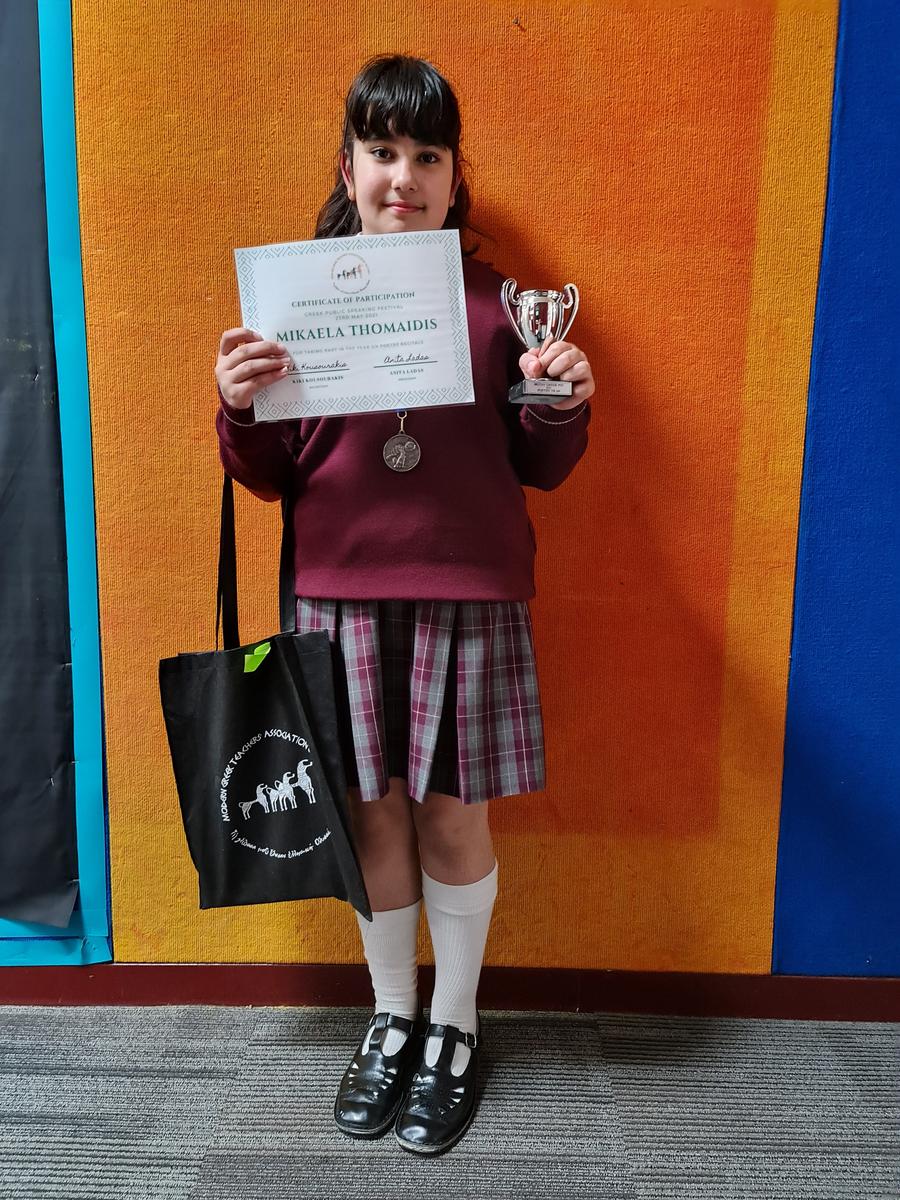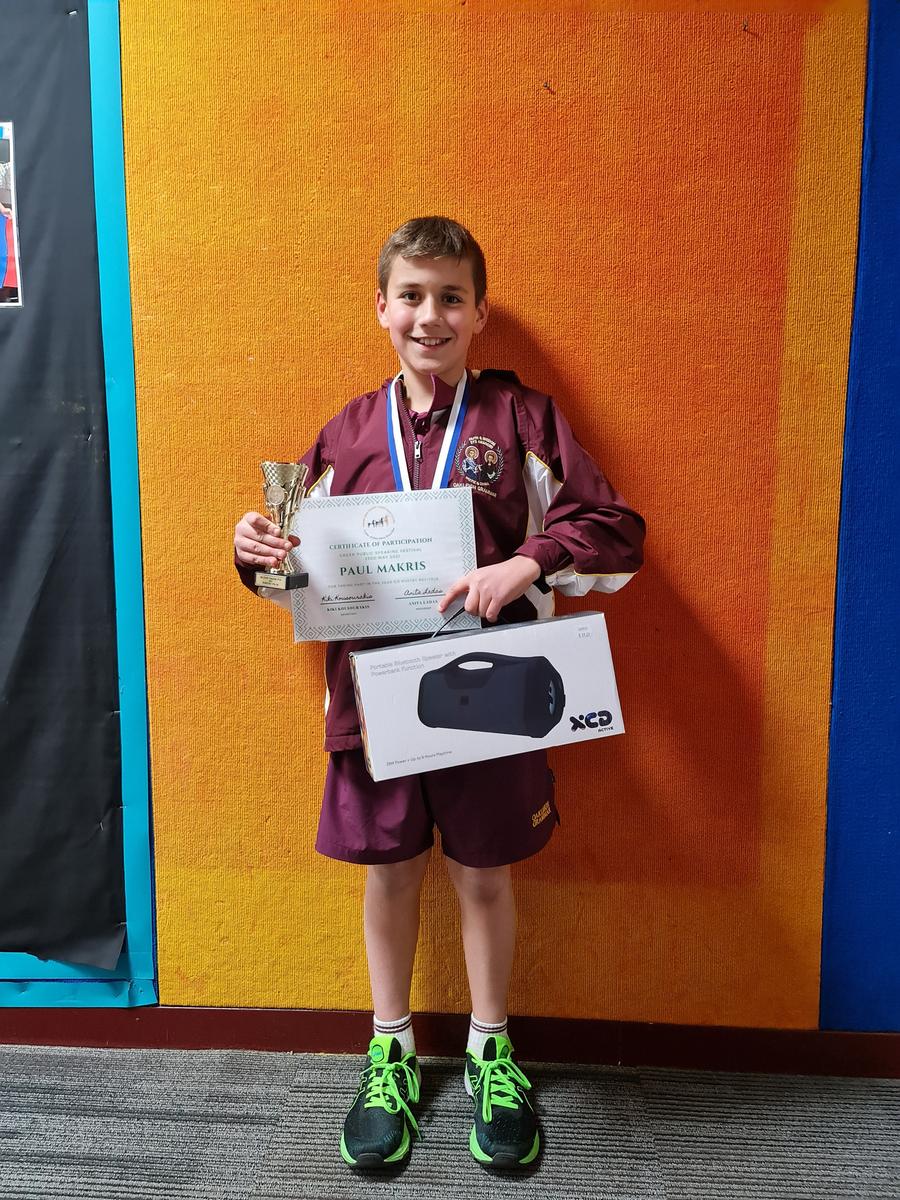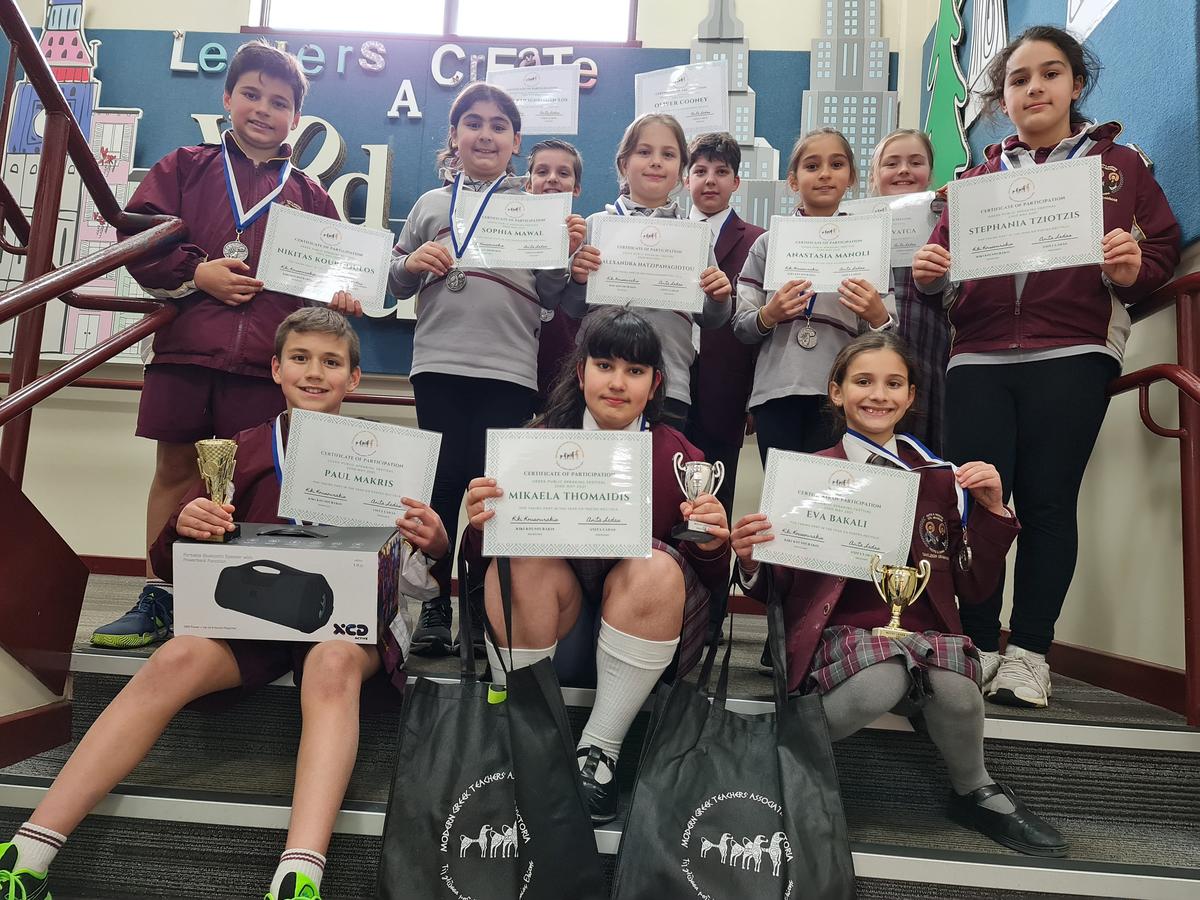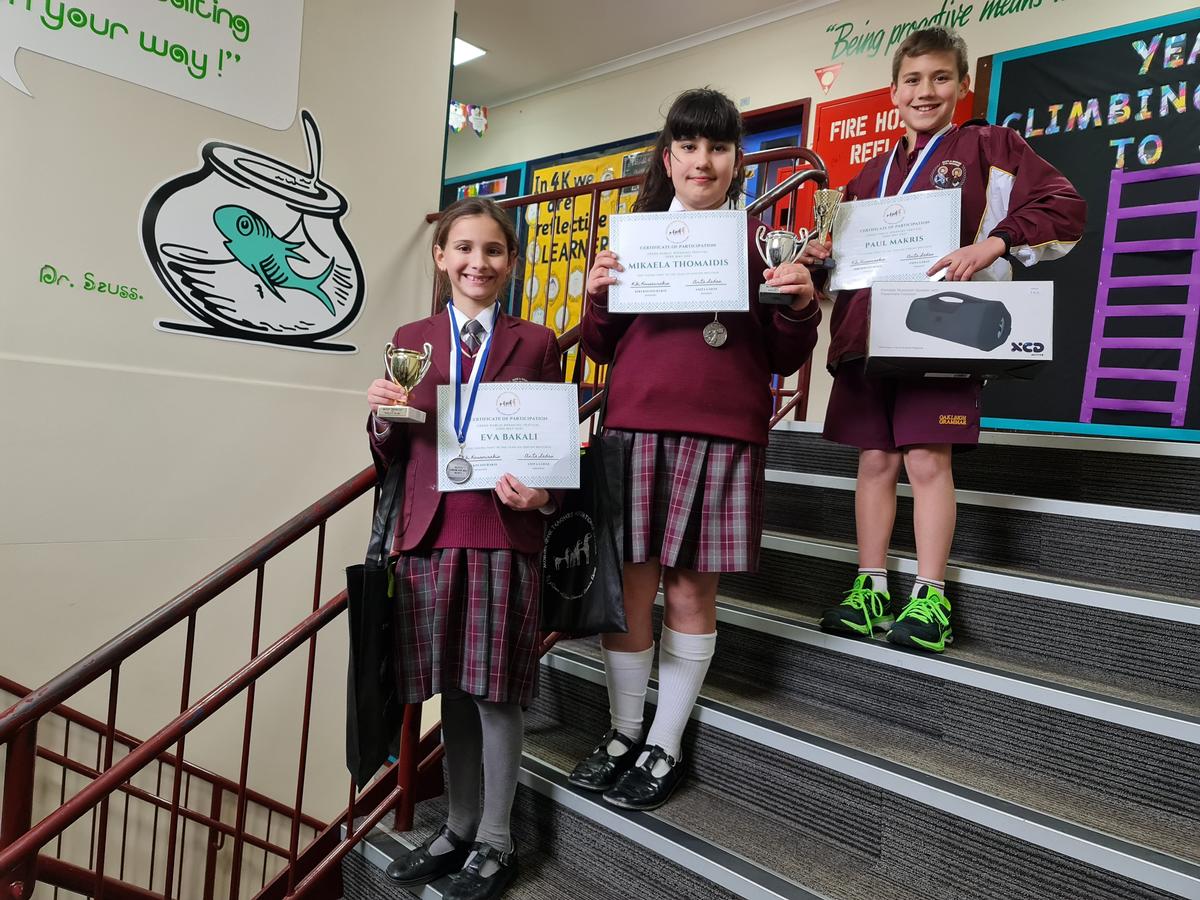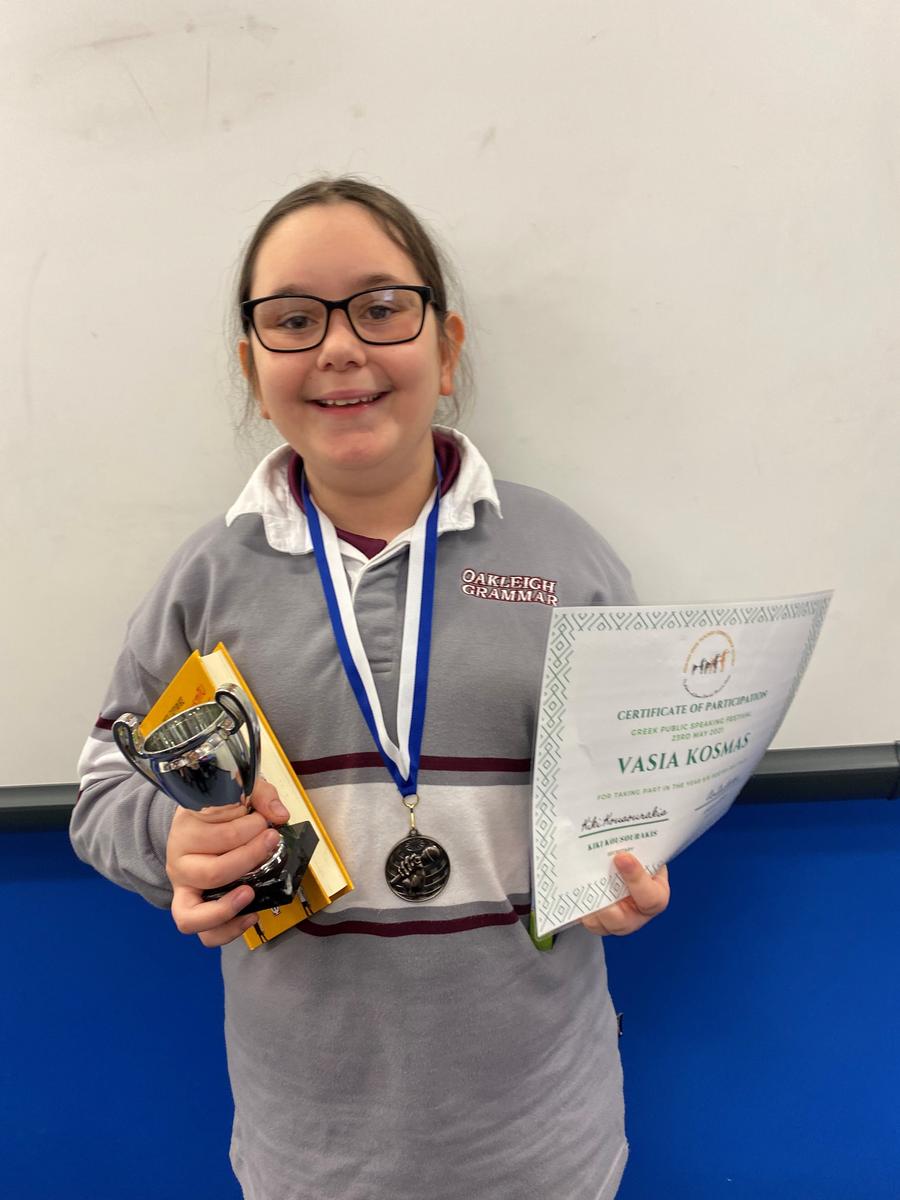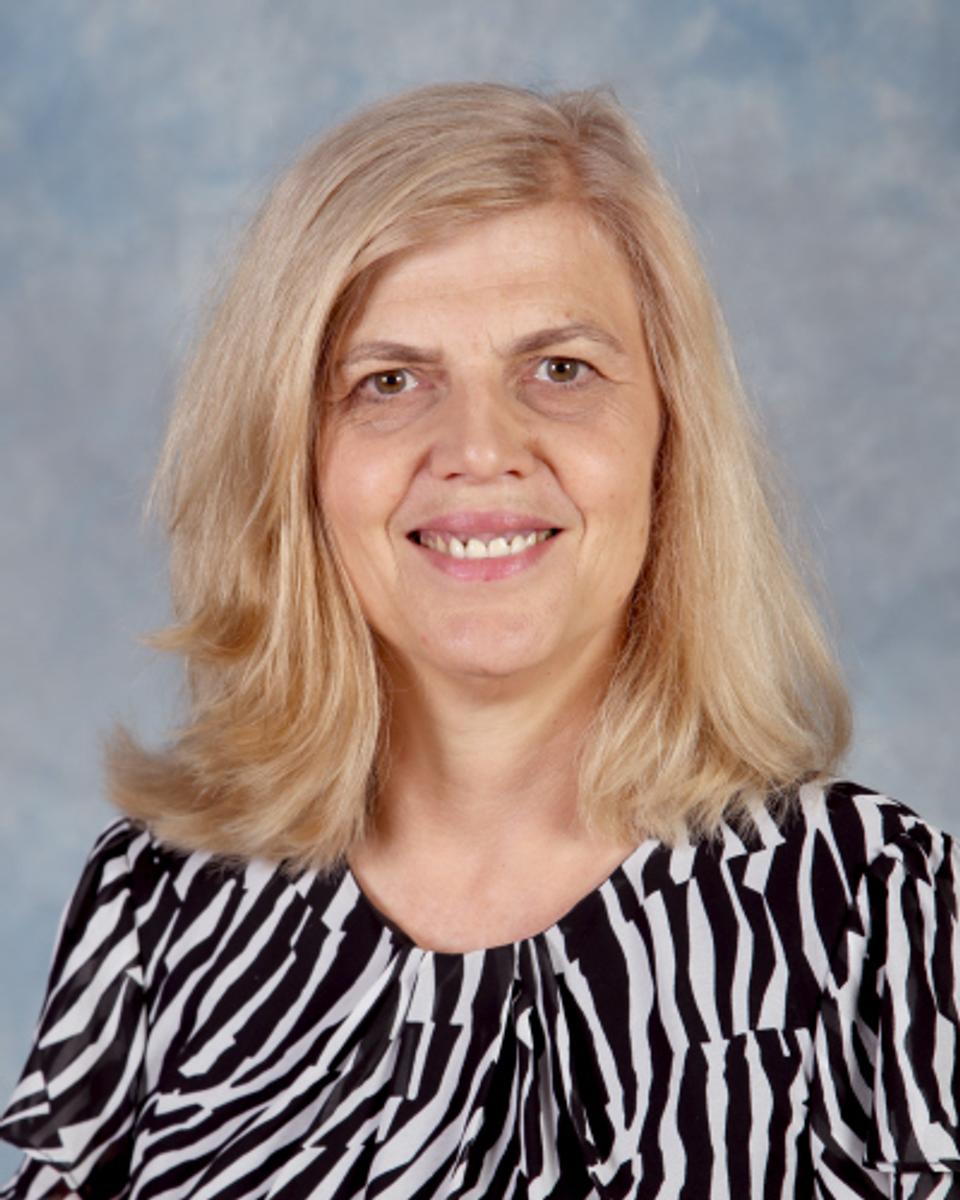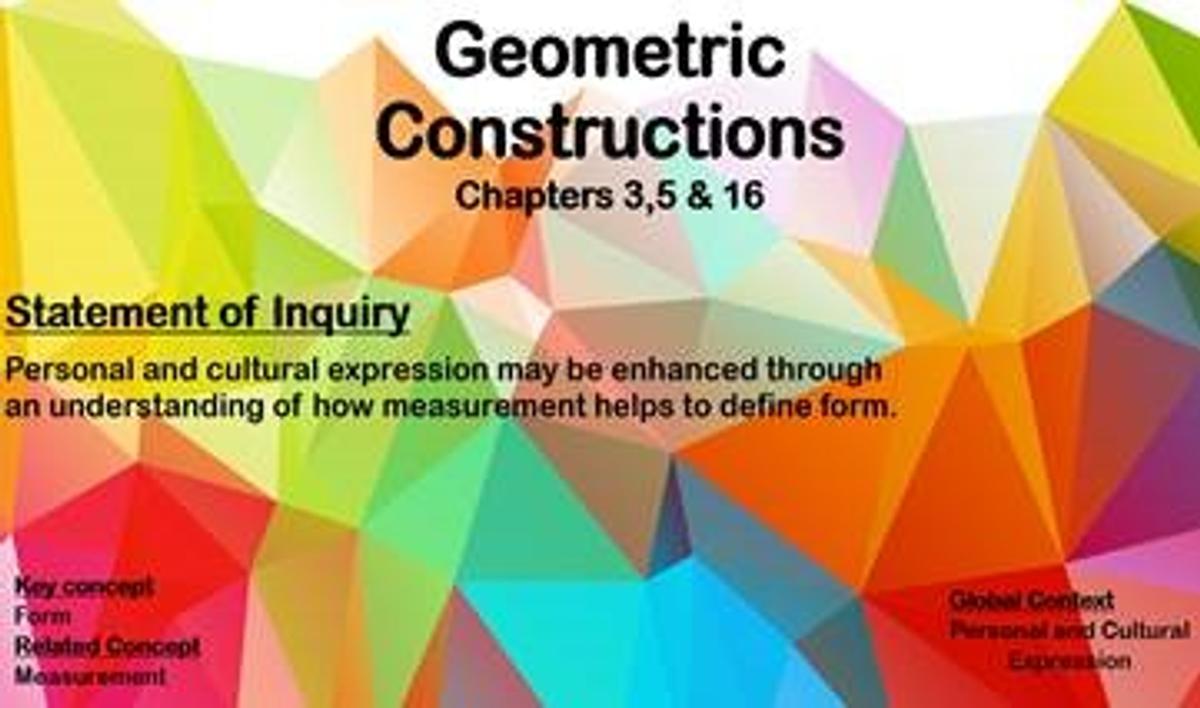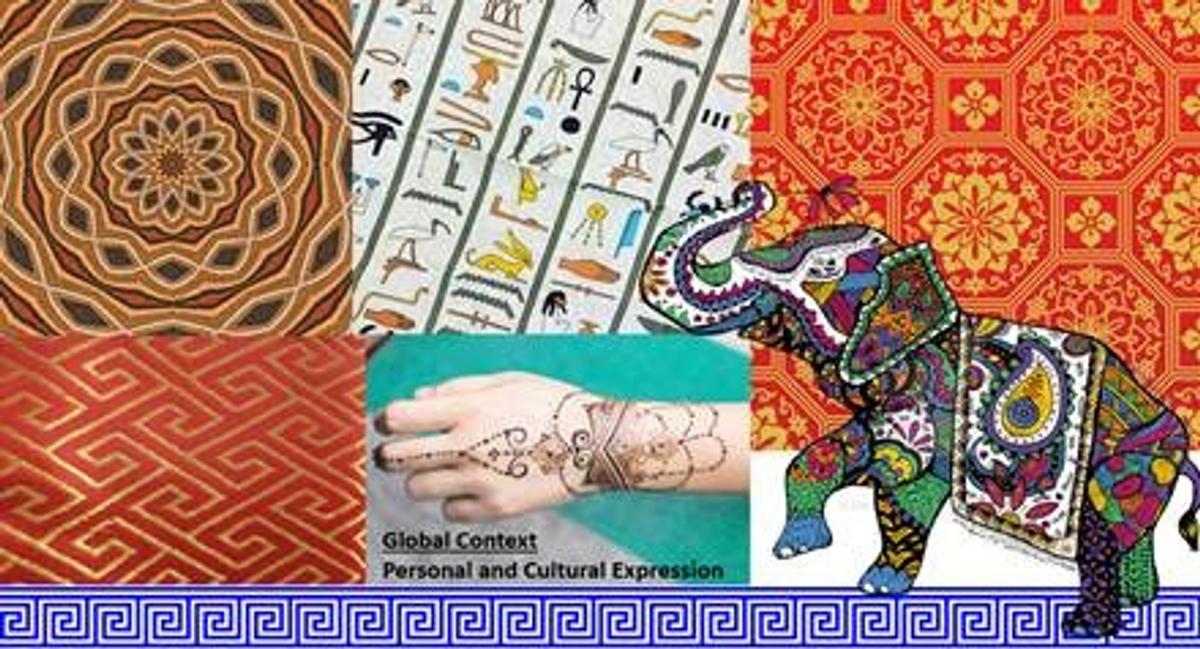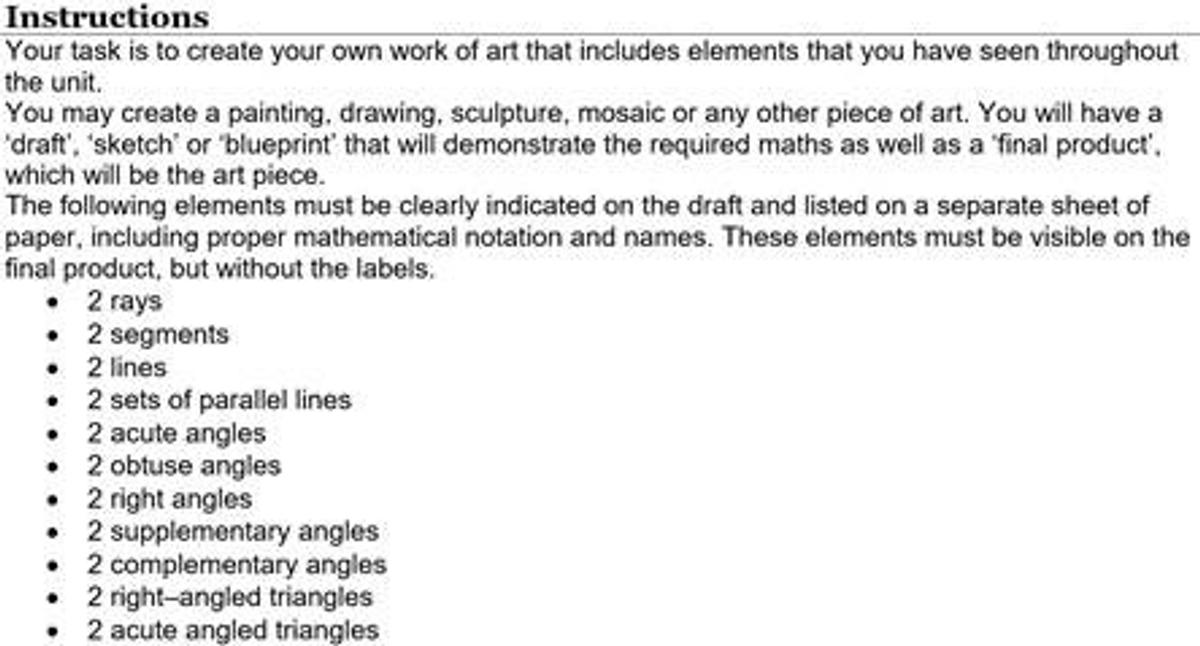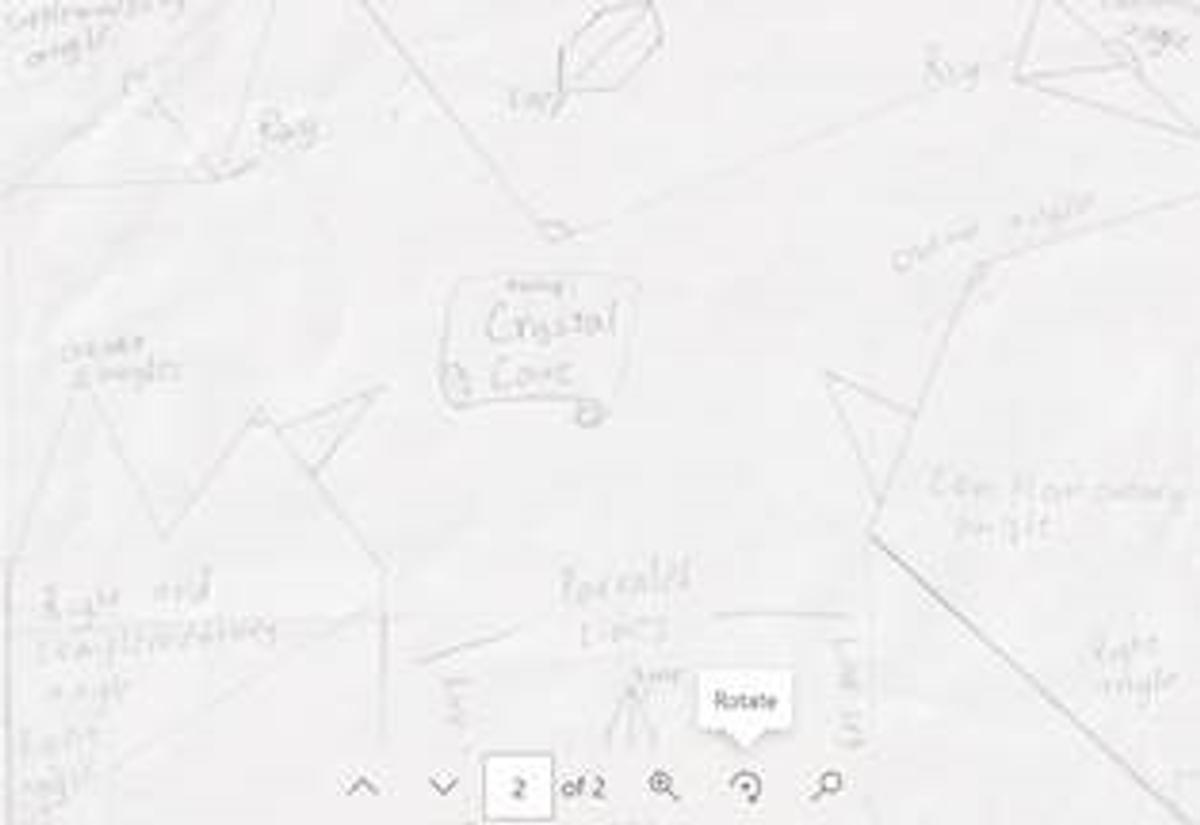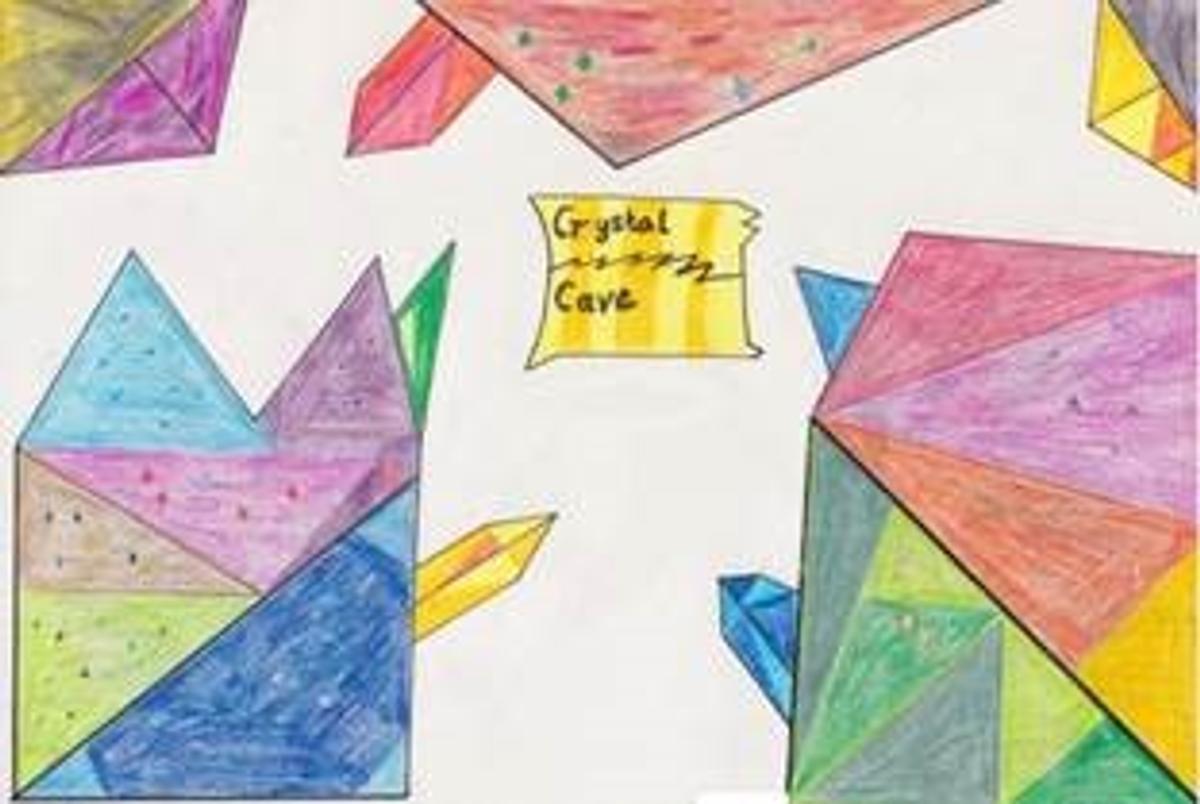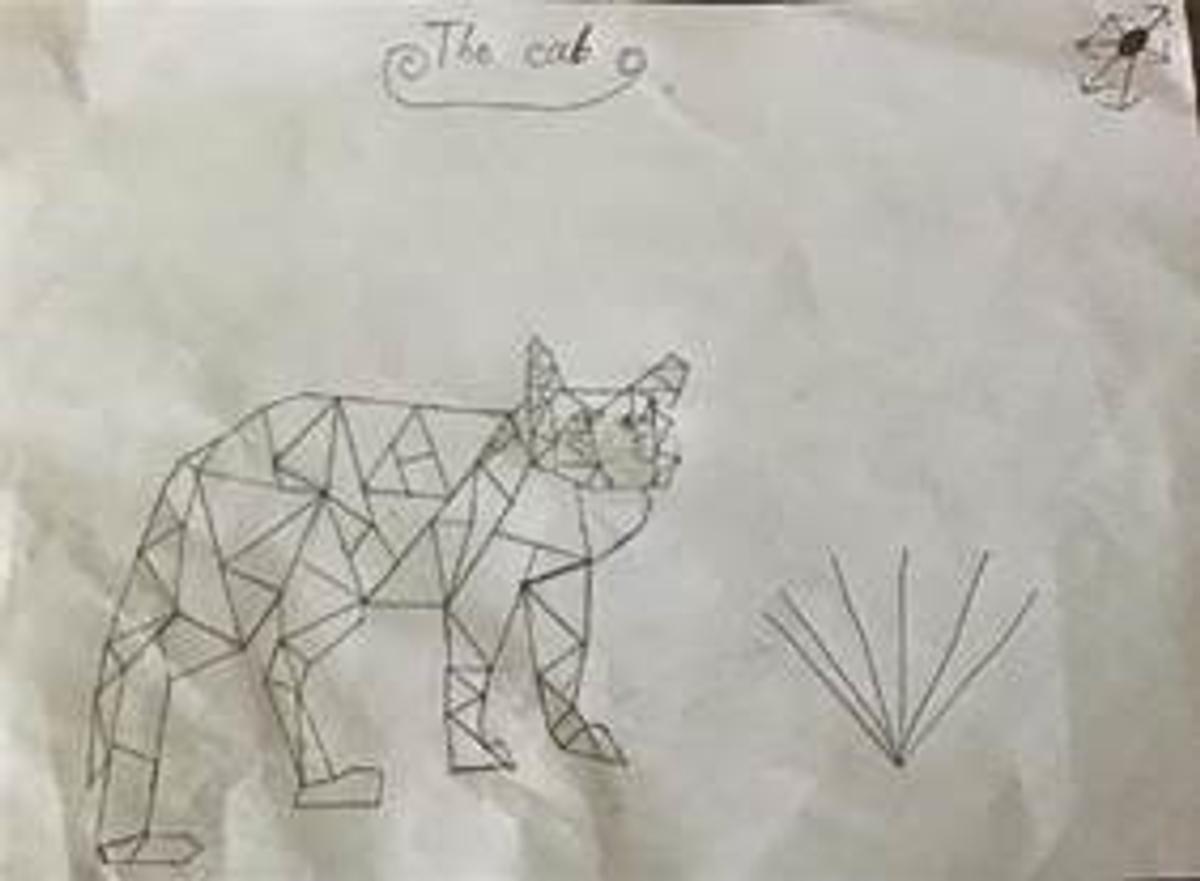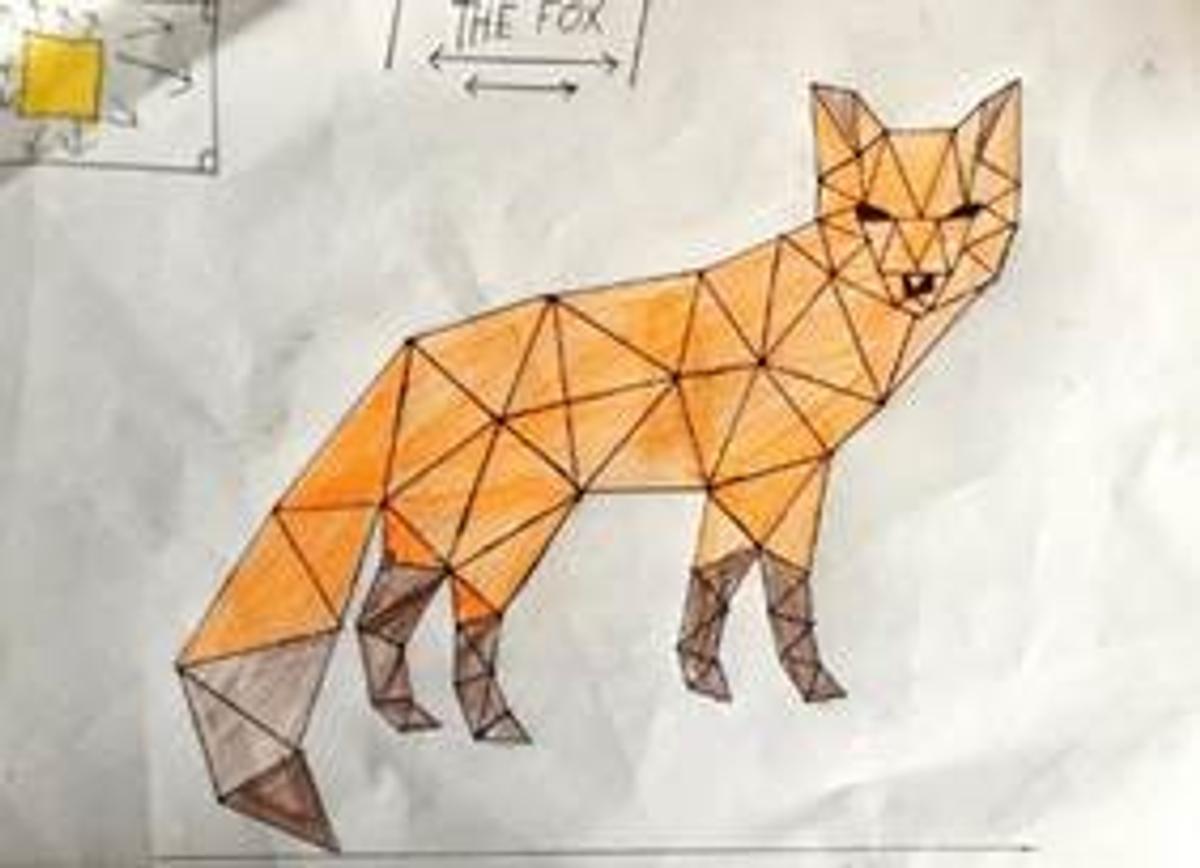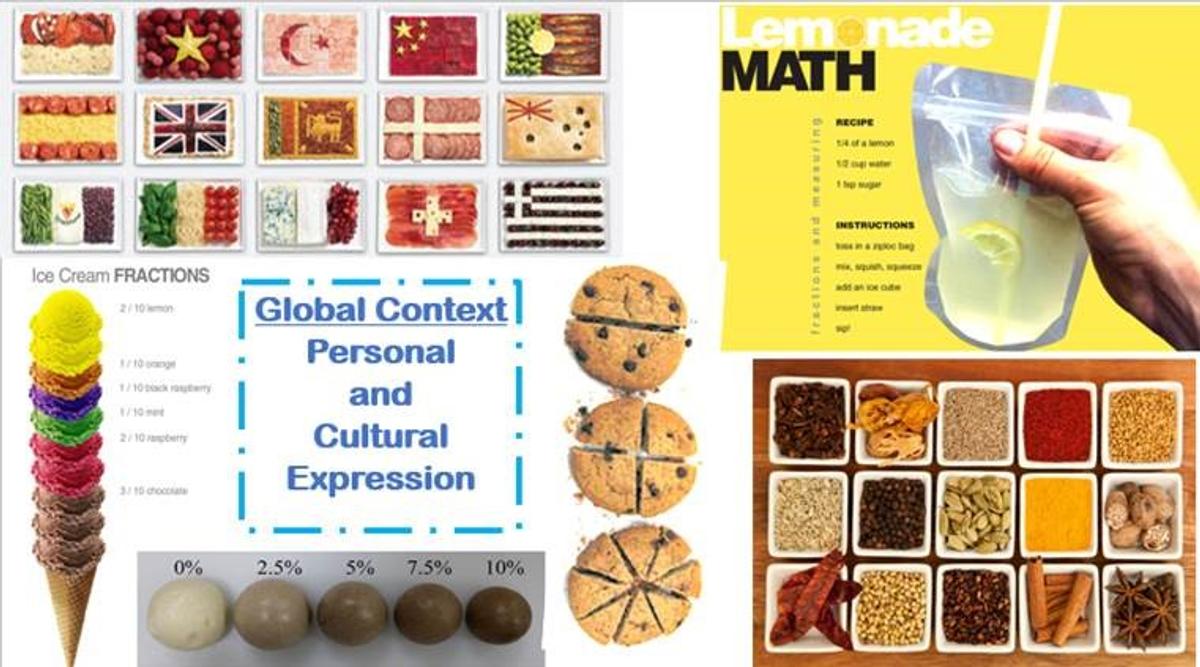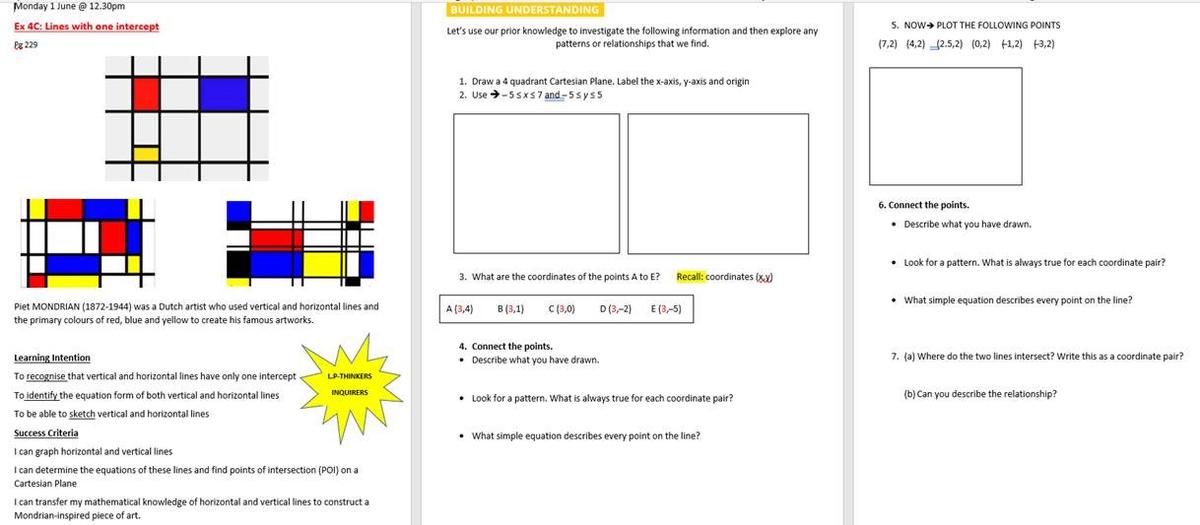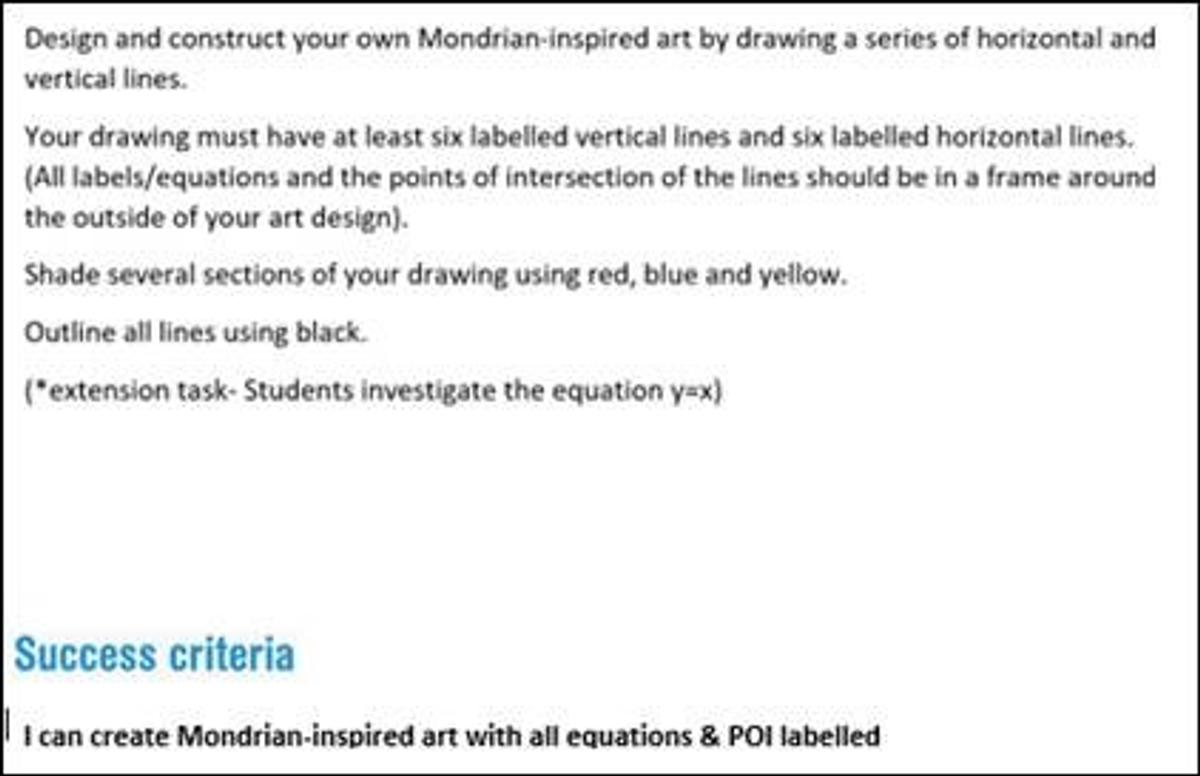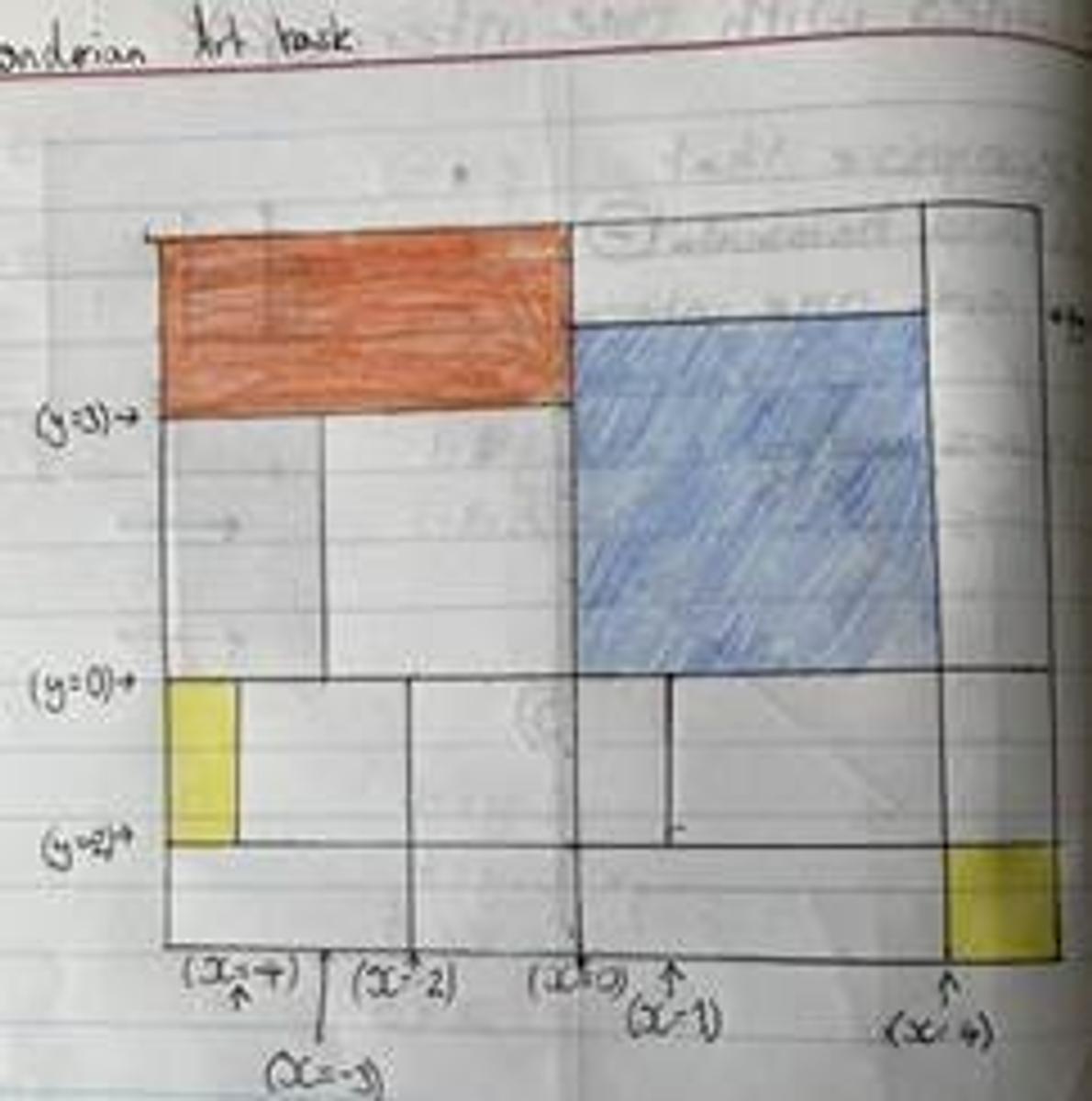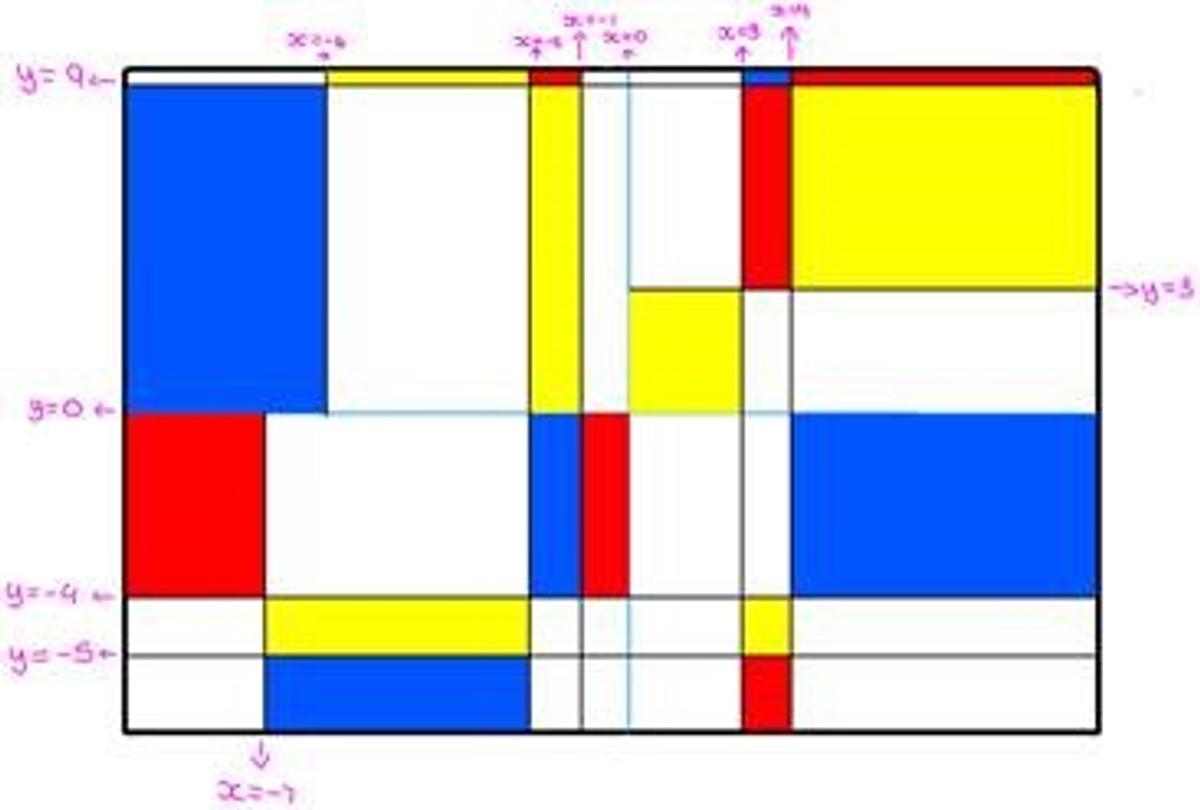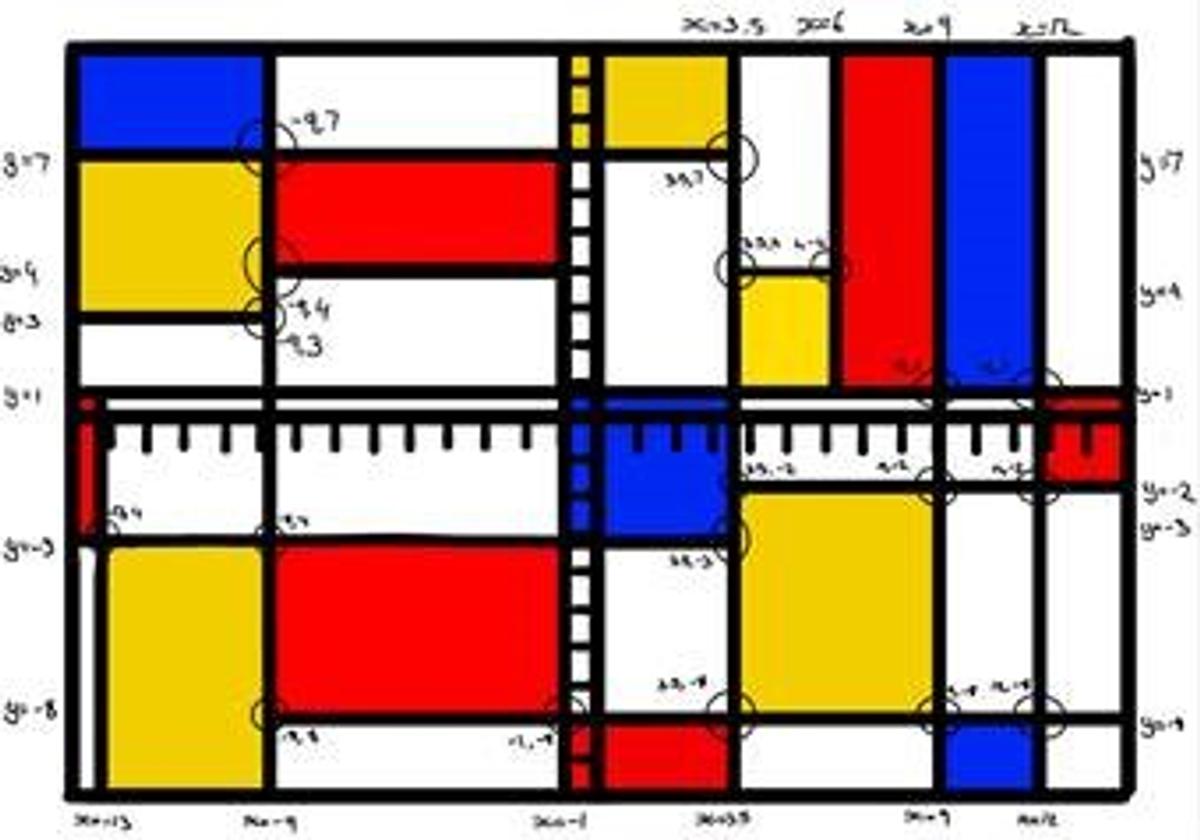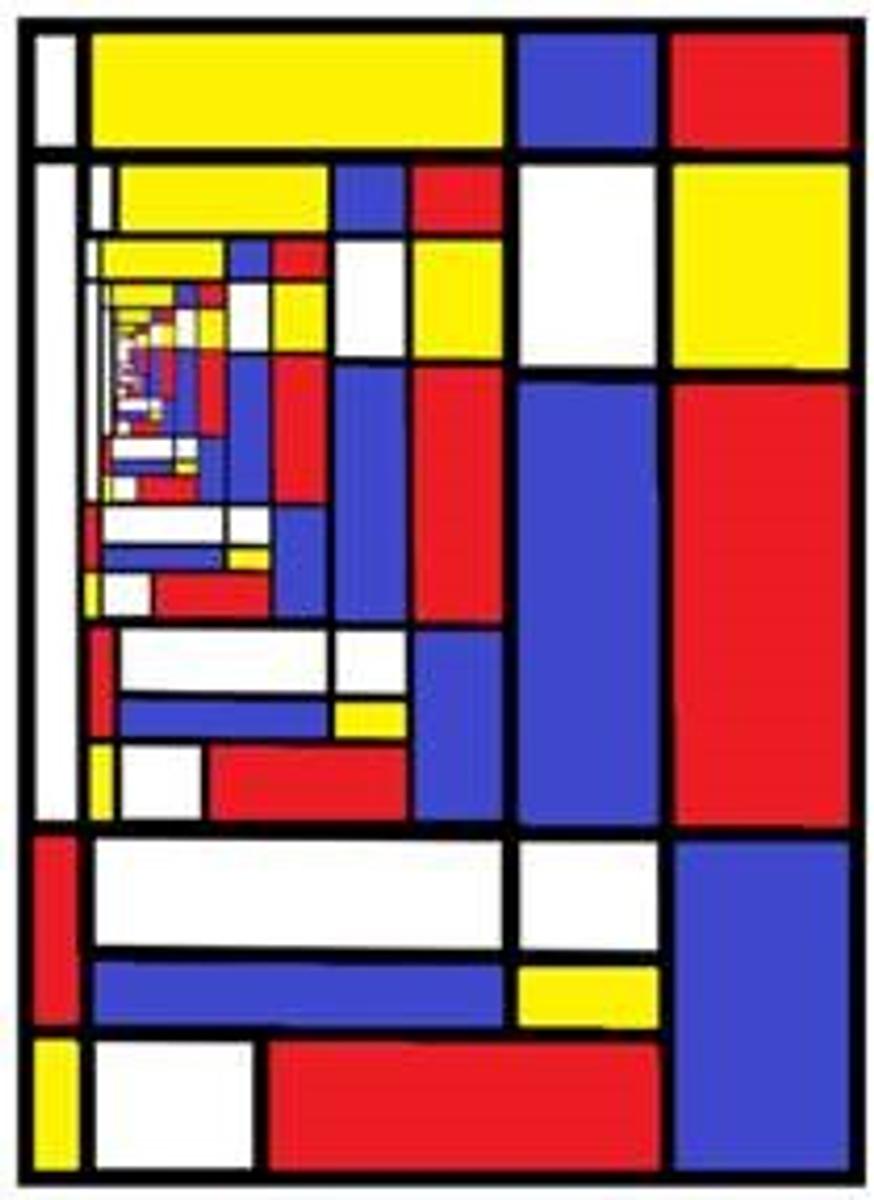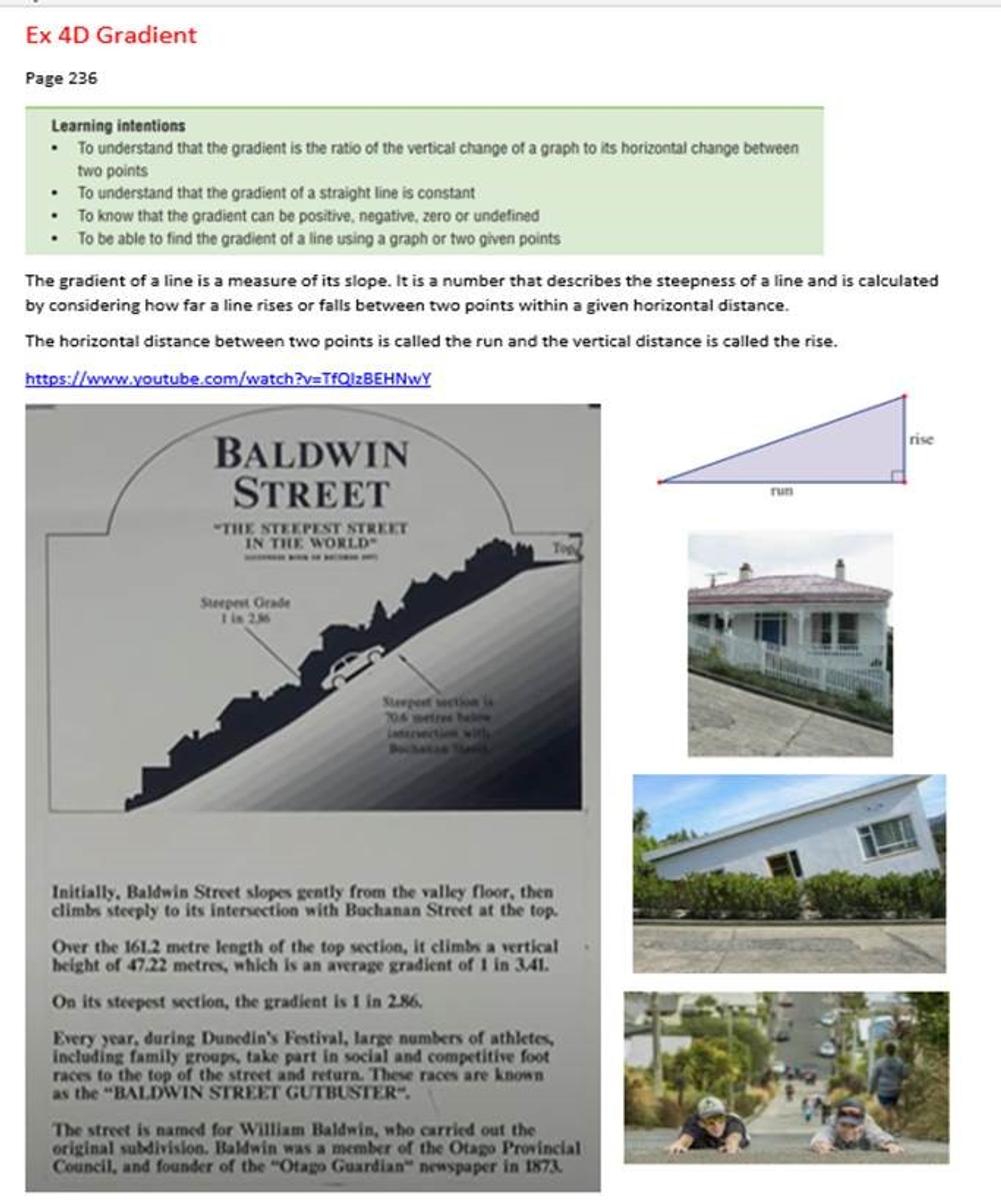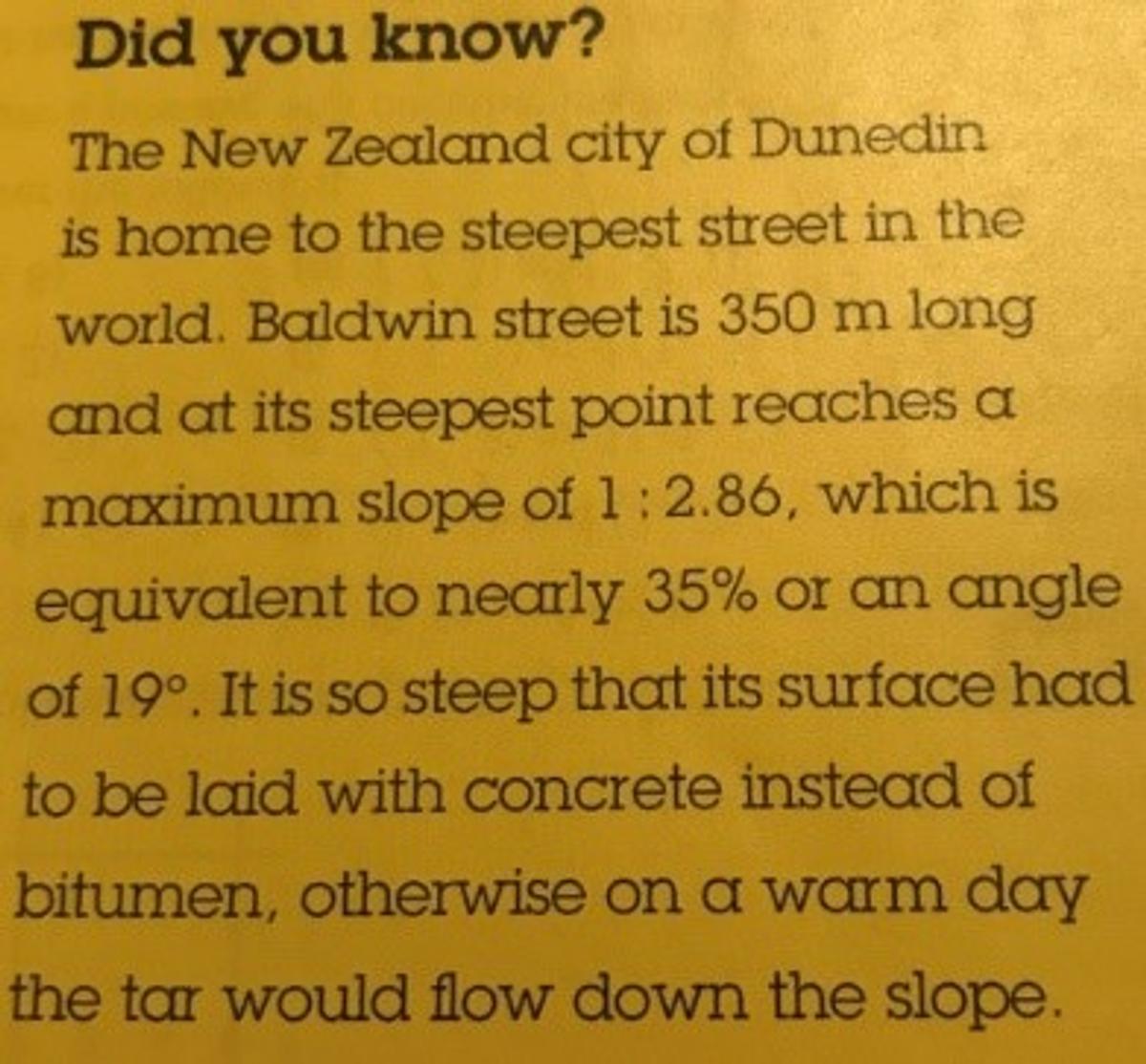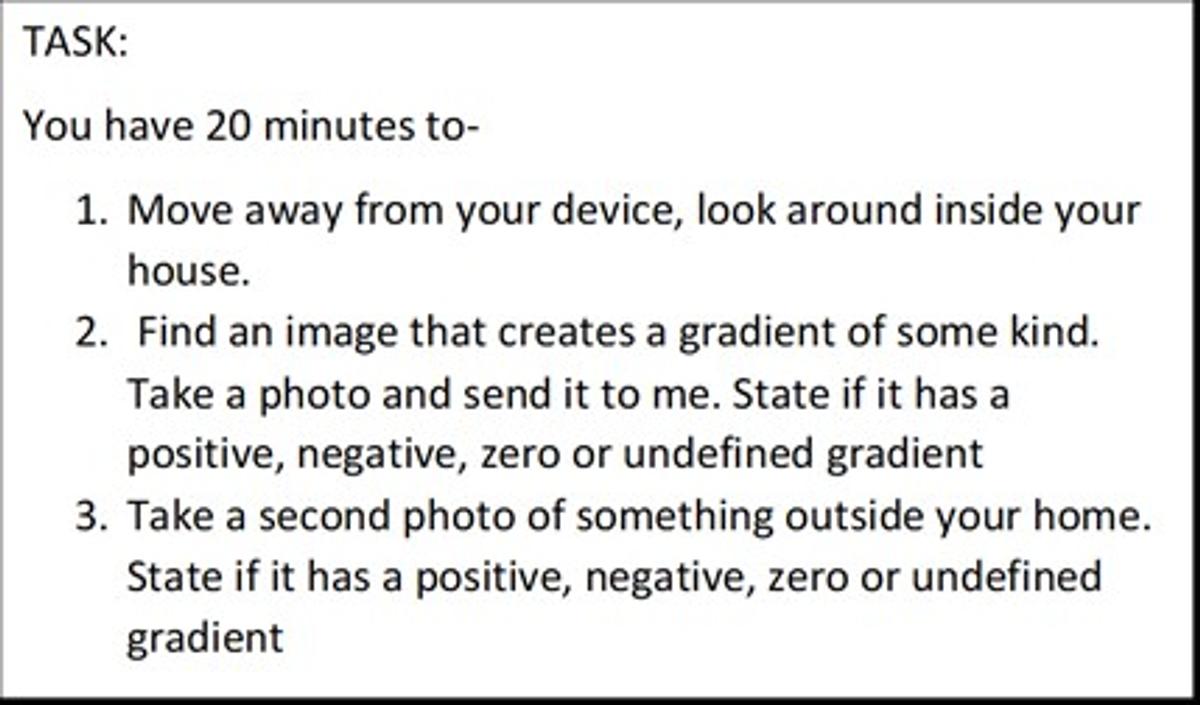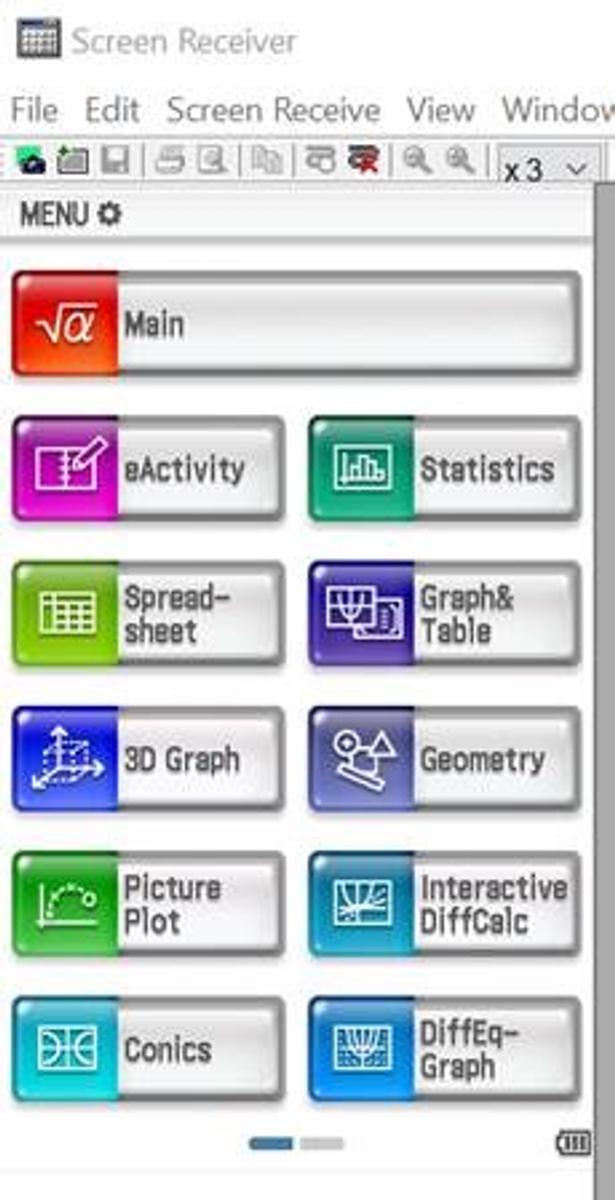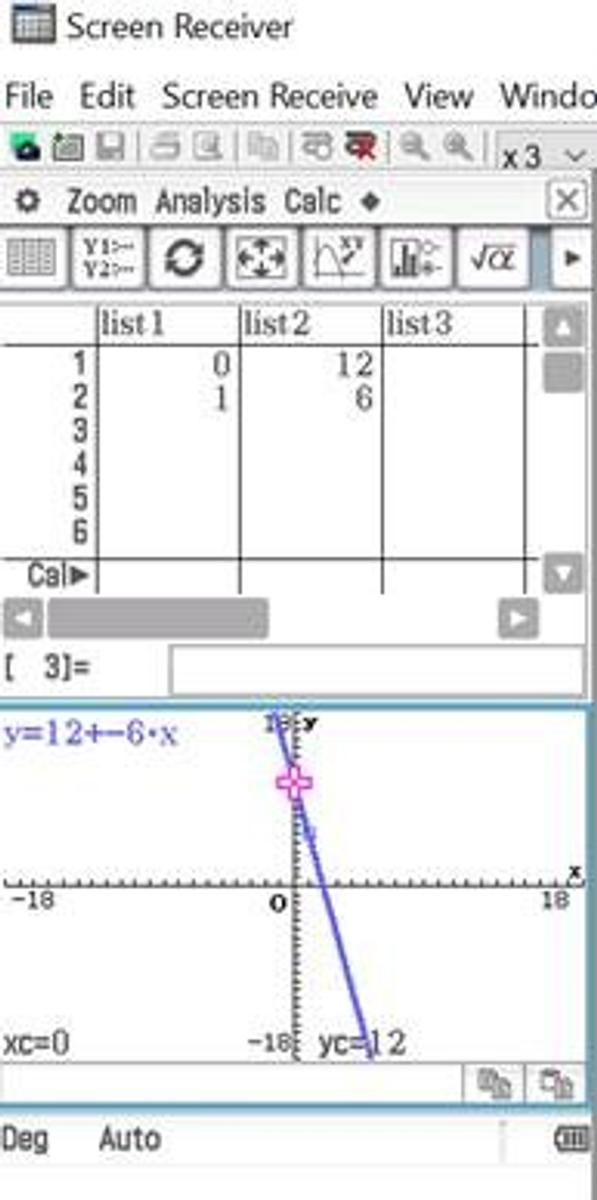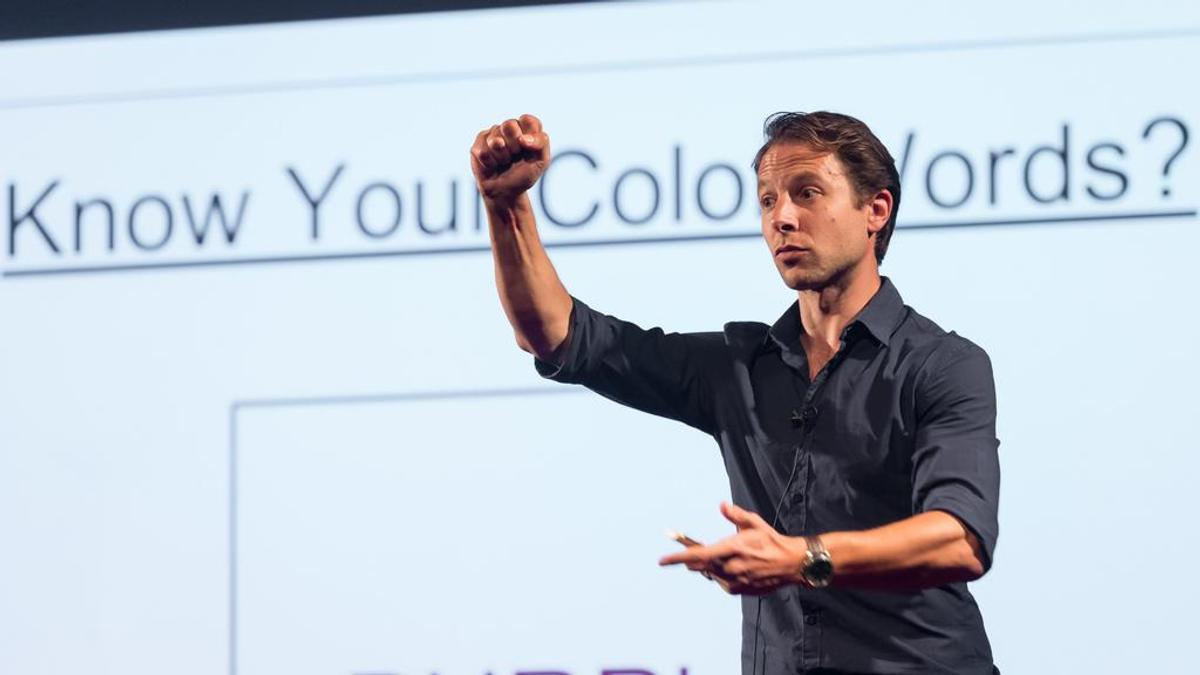Faculty News

Counselling
FIONA BAUDINETTE
Student Counsellor
Disappointment! ☹ ☹
It happens to all of us. This last eighteen months have been scattered with numerous disappointments. We have cancelled and re-arranged plans, only to have them cancelled again! Birthday gatherings, celebrations, school graduations, school formals, parties, weddings etc. have all been postponed or cancelled. Disappointment has been a defining element of the last eighteen months and what a test of our will it has been.
Disappointment derives from sadness and is felt when our expectations for a desired outcome are lost. We deal with disappointment often in our lives: an exam result being lower than expected, not getting the job we desire, a cancelled appointment etc. We all recognise that feeling of being let down, the anger that can rise, especially if we feel we deserved something that didn’t happen, or the grief we experience when we miss out.
However, disappointment is not always negative. It can propel us to achieve, by trying again and striving harder. It forces us to look at things from a different perspective, or try something else. Even cancelled plans, which we have all experienced a lot of lately, can be a positive, as things are often bigger and better the second time around. Like all emotions, we will make of disappointment what we wish and it will become either a negative or positive experience. Given time, disappointment may be one of the most important elements in reaching your goals. In feeling disappointment, it says that you are passionate about something, it’s an opportunity for growth and it can make you stronger.
So how do we transform disappointment into a positive, into a win? Firstly, acknowledge and let yourself feel disappointed. This is important in being able to let it go. Then, look at your options. Are there other ways to achieve the desired outcome and if not, reflect on what has helped you cope previously? Keep it in perspective. Are you expecting too much, is your desired outcome realistic, how could you modify or change the problem to turn your disappointment into a positive outcome after all. Be kind to yourself. Beating yourself up or dwelling too long over something out of your control doesn’t help you in any way. It just makes it worse. So, look for the good in the disappointment and make a conscious decision to move on from it.
Disappointment is often at the base of growth or change, so try and embrace it and look for the new way forward. 😊
Careers
MICHELLE MASCARO
Careers Advisor
Dates to Diarise in Term 3
- University / TAFE Virtual Open Days 2021 – throughout August see attached Open Day document. The document is also on the Year 10, 11 and 12 TEAMS page
- Year 12 VTAC timely applications – throughout August and September
- VTAC SEAS and Scholarship applications – throughout August and September
Getting the most out of a Virtual Open Day
Virtual Open Days are being held in August (see over the page for Open Day dates). However, you are more than welcome to contact an institution at any time for advice on courses.
Who should participate in a Virtual Open Day?
Anyone who is considering studying at a tertiary level in the next few years should attend.
Why should you attend an Open Day?
Apart from the opportunity to obtain course information, there are many other reasons for participating:
· You are going to feel more comfortable arriving at a university or TAFE institute on the first day of classes if you have done your research and found out more about the institution.
· What is involved in the course or courses you are interested in?
· If you have to move away from home, where are you going to live?
· Will you be happier studying in a large metropolitan institution or a smaller, perhaps rural institution?
· What does the place ‘feel’ like? Watch Virtual Tours and try gaining an insight into whether or not it is a bustling environment with lots of activity, or a quieter, more relaxed campus set in landscaped grounds?
· How are you going to get there? Is it close to public transport or should you start saving now for a car?
If you don’t know the answers to any of these questions, then you should participate in a Virtual Open Day
How to make the best of Virtual Open Days
To make your Virtual Open Day activity fun and informative, here are some pointers:
· Write down a list of questions you would like to ask about particular courses – if they are not addressed during the virtual event, you can always follow up with the institutions later
· If the event allows Q & A, make sure you ask lots of questions!
· Enjoy the activity!
Not everyone can participate in every Virtual Open Day and various institutions are also holding their Virtual Open Days on the same date, so students are encouraged to register for as many as possible so that even if you miss one, you should receive notifications from the institutions.
Middle Years Programme
MELISSA FITZGERALD
IB MYP Coordinator
IB MYP Service and Action in Mathematics
The IB “aims to develop inquiring, knowledgeable and caring young people who help to create a better and more peaceful world through intercultural understanding and respect.” To support this mission, service and action play an important role in the MYP curriculum. Recently, the Year 7 students completed a mathematics unit where they explored the budgeting issues faced by refugees. Students used their understanding of fractions, decimals and percentages to create and use an interactive spreadsheet to model the constraints that are faced by disadvantaged members of the community. This is what students said of the experience:
Yesenia Khmelnitsky and Dimitra Ballis:
“Sharing the planet has major responsibilities and rights along with it, we have the struggle to share the limited resources around us with all the world and its people. The communities and friendships within our world between us, we should all have access to equal chances at life and to resolve our conflicts.”
Tziovannis Konstantinidis and Nicholas Alamaras:
“We had trouble choosing cheap but nutritious food for our refugee. We also found it hard to find a good apartment with service and low rent. This activity has made me feel thankful for what I have and eager to help others.”
Arkie Stathopoulos:
“Although I will never be able to fully understand what it feels like to be a refugee. I might be able to have a small idea. Living in refugee camps would be challenging, very challenging. Not knowing whether you were going to have food that night, or be able to stay in a house for another month would be scary, especially for children. Some issues include finding a job, finding somewhere to live, having to put up with racism and having to learn the language of the country.”
Rabaani Manocha and Archna Gupta:
“When attempting to create our budgets for food and rent, we found it difficult because the food and rent both cost a lot, and we struggled to find a balance. We eventually got a good balance and found a better apartment that costed less, and also had a better space.
We learnt to prioritise what things we actually need, rather than things we only want, but aren’t necessary. An example would be, healthier foods, rather than cheaper foods, or a house rather than an apartment, which would be better money-wise.
“It was difficult because the healthier foods tend to cost more money and the cheaper ones are unhealthy. We were forced to buy some unhealthy options due to budgeting. It wasn’t the best choice but we didn’t have the money.”
Well done to Mr Wu’s Year 7 Mathematics class!
Y10 Personal Project News
We are fast approaching the final deadline for the personal project, with reports, evidence of the product/outcome and process journal due by Monday 9th August. The personal project represents the culmination of learning in the Middle Years Programme and is a good indicator of students’ ability to work independently, meet deadlines and maintain professional relationships before they transition into the VCE.
Reports are internally assessed and moderated before being externally marked by the International Baccalaureate (IB). On successful completion of the project, students will receive a certificate from the IB in early 2022 which they can use in their curriculum vitae when applying for work or further education.
The report, product/outcome and process journal are assessed in the following manner:
- Criterion A: Investigating 8 marks
- Criterion B: Planning 8 marks
- Criterion C: Taking action 8 marks
- Criterion D: Reflecting 8 marks
At this stage, the Personal Project exhibition is scheduled for Thursday 2nd September. Unfortunately, we are unsure if there will be attendance restrictions due to COVID-19, but please take note of the date as invitations will be issued if we are allowed to have visitors on campus.
Debating
LEIGH GRIDLEY
Debating Coordinator
Competitive debating is a true test of character. It takes great bravery, knowledge, preparation, teamwork and a positive attitude to taking on feedback. It even required additional flexibility last week, as lockdown restrictions moved debating online for the first time ever!
Last week the round-robin section of the competition was completed. The Oakleigh Grammar debating team met after hours to debate John Monash Science School, Mazenod College and The Knox School. The interesting debate topics included:
“That we should abolish awards in creative fields (e.g. literature, film, visual art)”
“That the economy is a poor measure of a nation’s success”, and
“That television programs glorifying the military (e.g. SAS) should not be broadcast”
Unfortunately, only undefeated teams progressed to the regional finals, and our last team standing was defeated on the military topic. We had an excellent season, with many wins across the year levels and several individuals received Best Speaker awards.
Congratulations to the inspirational Mitchell Rocks, Vyoma Chaudhari, Floria Takos, Toni Stathopoulos, Finn Shortt, Aimar Peoples, Paul Apos, Mary Kourkoutzelos, Giorgianna Petridis, Noah Peoples, Charlotte Tsitas, Catherine Giannaros, Gerry Angelatos, Sotiris Bakalis and Camryn Stubbs. A special mention must go to “retiring” Year 12 Captain Alexander Logan, who lead the group in every debate with exemplary matter, manner and method over the last two years.
LOTE
ANASTASIA SPANOS
Acting Head of LOTE - Greek and Mandarin
Oakleigh Grammar students from Year 4 to Year 8 had the opportunity to participate at the annual Greek Public Speaking Festival, organised by the Modern Greek Teachers’ Association of Victoria. The students had to recite a Greek poem dedicated to the Greek Revelation of 1821. The Festival gives students the opportunity to extend their skills in public speaking.
Oakleigh Grammar students won the following awards:
Year 3-4 Category:
2nd Prize - Mikaela Thomaidis
3rd Prize - Eva Bakali
Year 5-6 Category:
1st Prize - Paul Makris
2nd Prize - Vasia Kosmas
Also, Athena Dimopoulos came 10th in the Year 3-4 Category and Nikitas Kourdoulos came 7th in the Year 5-6 Category.
Congratulations to all our students for their outstanding performances.
Science
ANGELA KORLOS
Head of Mathematics/Science
Mathematics Remote Learning
Maths remote learning can be fun and engaging.
Below are some sample of remote learning tasks and student work.
YEAR 6 GEOMETRY
Introduction, discussion & inspiration:
Sample student creations:
YEAR 6 FRACTIONS
YEAR 9 LINEAR GRAPHS
Sample student creation:
Introduction and inspiration:
YEAR 11 GENERAL MATHS
The lessons have all been uploaded to Teams and WE DO the work, usually together; including USING their CALCULATOR on the Screen Receiver App.
We step through every stage and EACH student answer questions as we go.
Cognizance Program
LEIGH GRIDELY
Cognizance Convener
The Oakleigh Grammar Cognizance Research Project
For the sixth year in a row, our Year 9 staff and students are proudly taking part in the Cognizance Research Project, driven by Independent Schools Victoria.
The project aims to teach students the fundamentals of metacognition and neuroscience, and to provide them with the tools to take charge of their own learning. Research has shown us that the explicit teaching of these psychological skills has a positive and measurable impact on student learning. The data consistently demonstrates significant increases in student understanding of the “aspire, analyse, assess and adapt” pillars of metacognition, as well as increasing in students’ ability to write more deeply about the real-world application of their learning.
This term, renowned educational neuroscientist Dr Jared Cooney-Horvath meets with the Year 9 student group to take part in interactive lessons and activities which are followed up by in-class ‘microprojects’ based on the cohort’s specific strengths, weaknesses and goals. As you may know, Dr Jared and Mr Gridley also ran an online session last week to involve Oakleigh Grammar parents in their children’s metacognition journey. The next student session is scheduled for Tuesday, August 10.
Knowing how to learn is the one truly future-proof skill – guaranteed to be an advantage to adults as society and technology inevitably evolve in future decades. At Oakleigh Grammar, we intend for every one of our students to have this advantage.
If you would like more information about the Cognizance Research Project, Mr Gridley is happy to assist.
Student Representative Council
ANASTASIA SPANOS
SRC Coordinator
SRC members are organising two special appeals that we will be supporting during July and August – the Ronald McDonald House Donation Appeal and Off Your Back Appeal. We kindly ask people to contribute what they can to either or both of these appeals.
- Ronald McDonald House (Monash) Appeal works to enhance the quality of life for families with sick children by providing a home-away-from-home that is welcoming, caring and supportive. Each family who stays at the House has their own unique story, but all have a place to rest and recover so they can face their challenges. Since opening in 1993, they have helped over 10,000 families who have needed to travel to care for their sick child at Monash Children’s Hospital. Donations of non-perishable foods are welcome as are brand new items for children.
Suggested food items include:
- Tinned tuna, salmon, sardines, ham
- Pasta sauces, pasta, rice
- Breakfast cereals, muesli bars, breakfast bars
- Biscuits, oil, lentils, beans
- Teabags, instant coffee, Milo, juice boxes
- Tinned fruit, vegetables
- Small jars of vegemite, honey and jam
Suggested brand new toys include:
- Reading books
- Coloured pencils
- Colouring books
- Board games (packed)
- Balls
- Stuffed animals (packed)
- Small toys (packed)
- Dressing up costumes (packed)
2. Off Your Back is a winter coat collection drive that facilitates the transfer of pre-loved coats going on to a new life with people who really need them, including within our community. We are therefore seeking any coats that may be gathering dust in the back of a cupboard or that someone has grown out of.
The appeals will run from Monday, 26 July to Friday, 27 August. Please bring your donations to your Homeroom.



